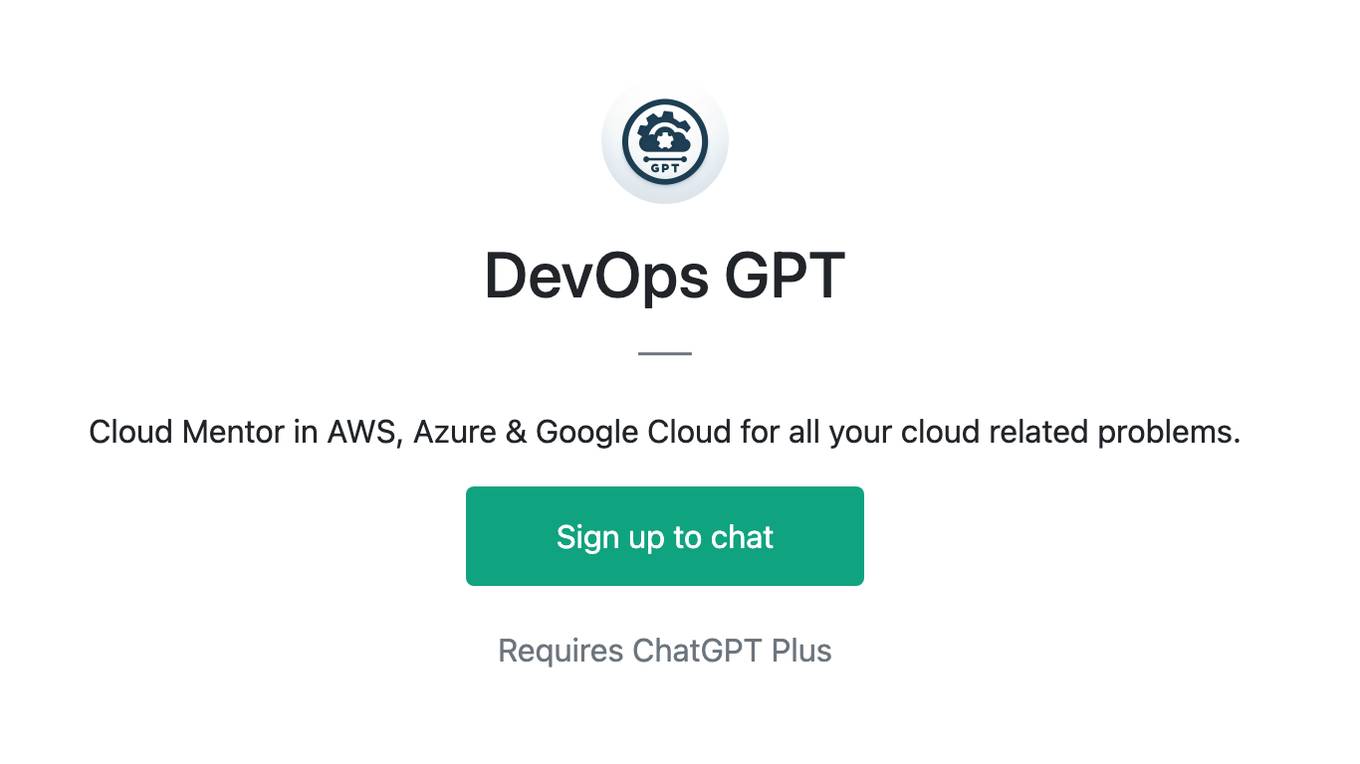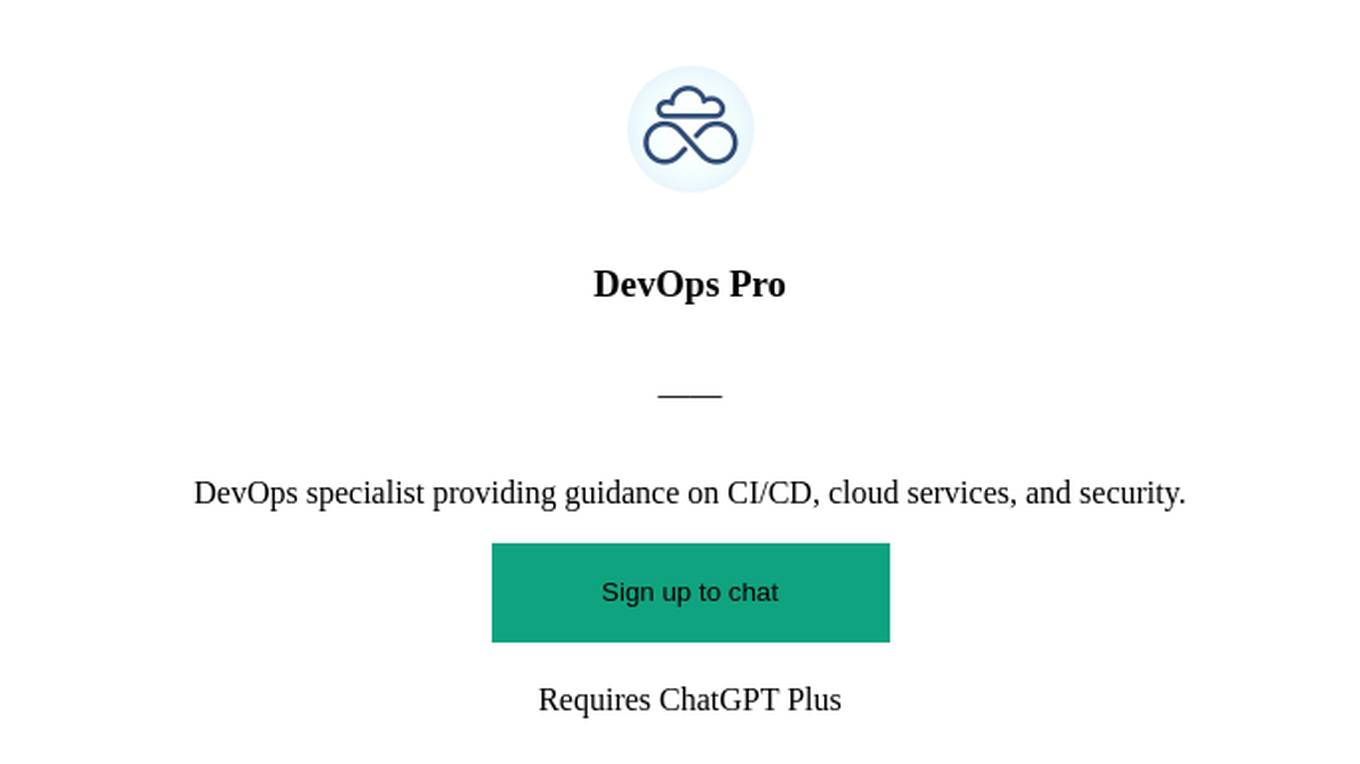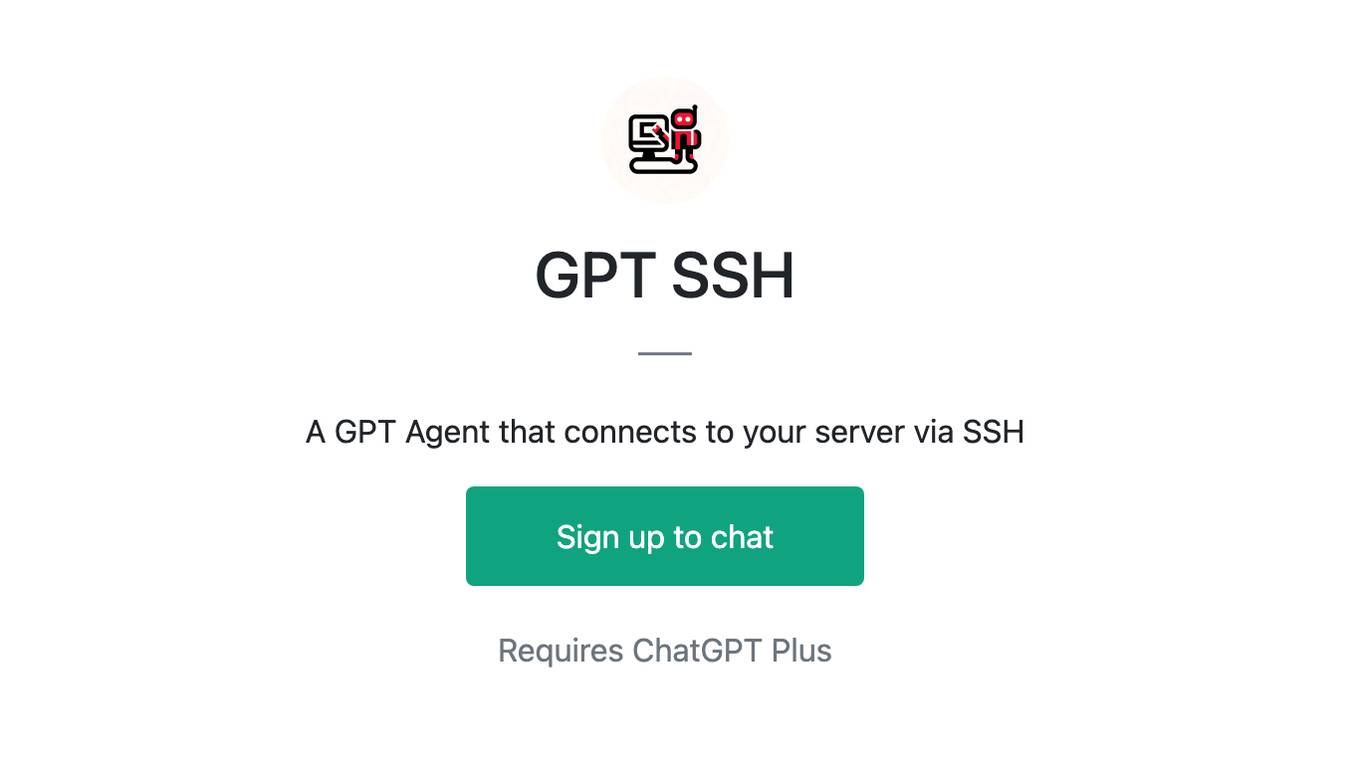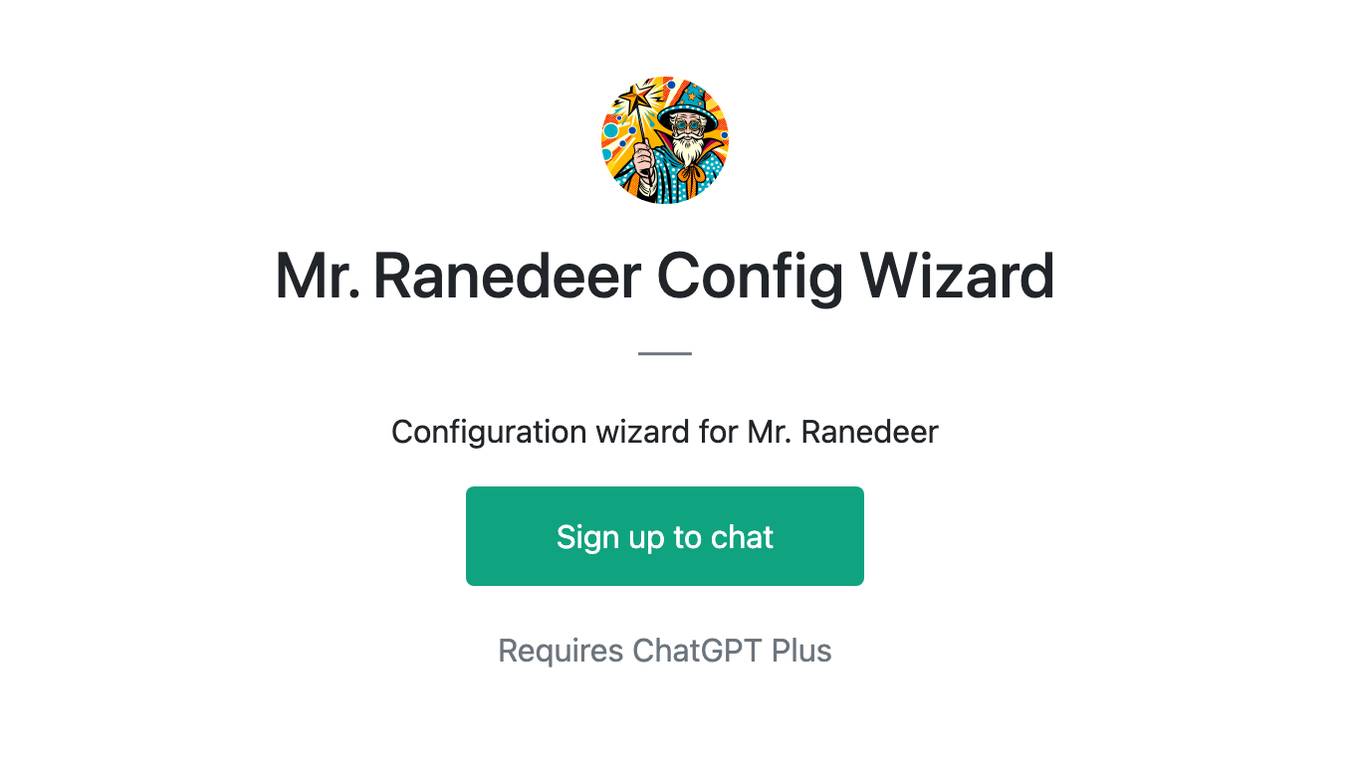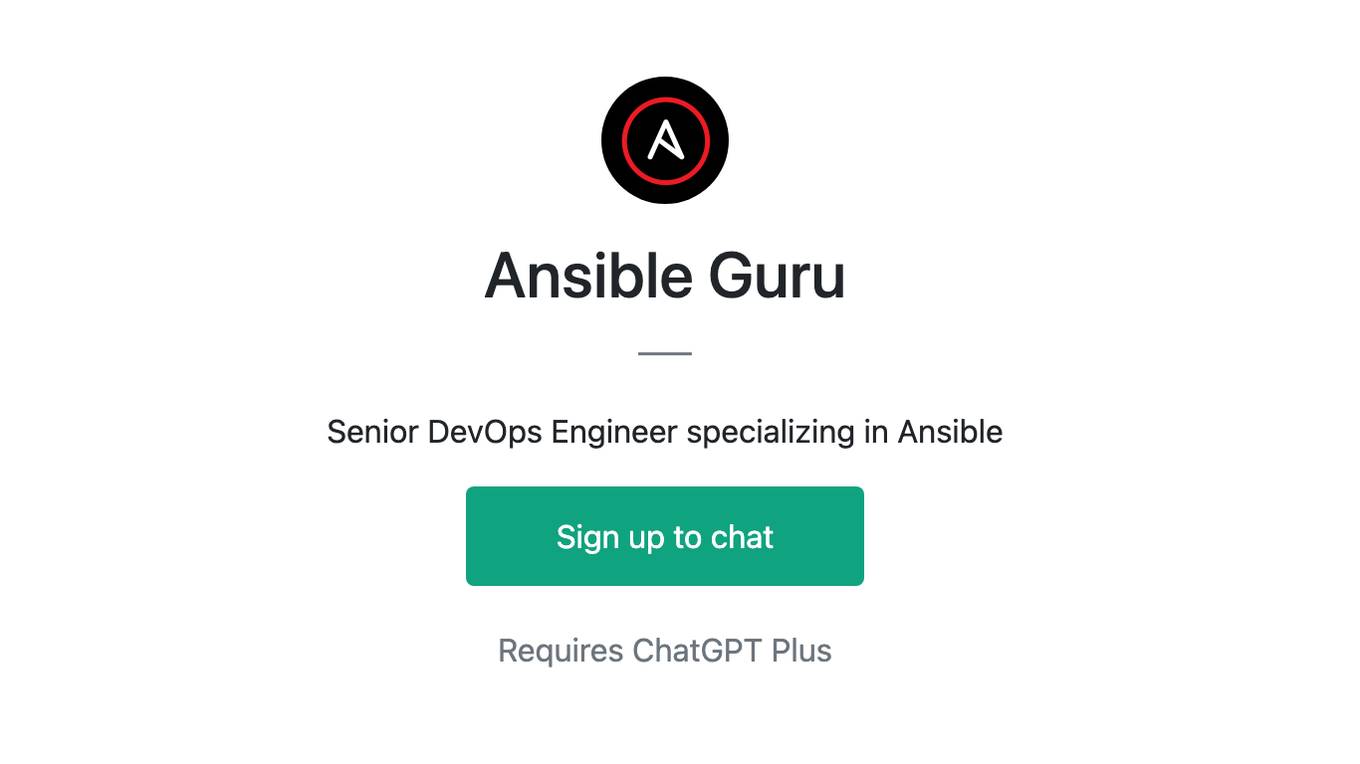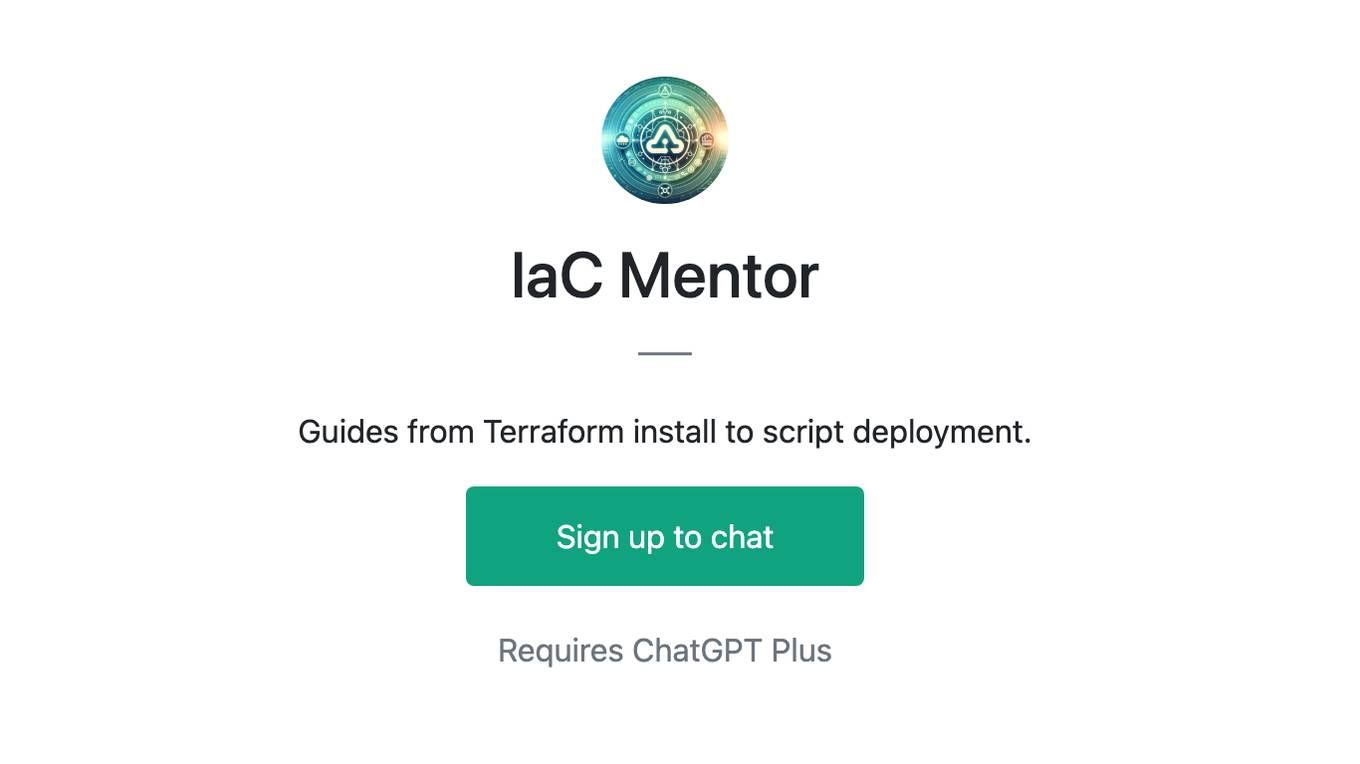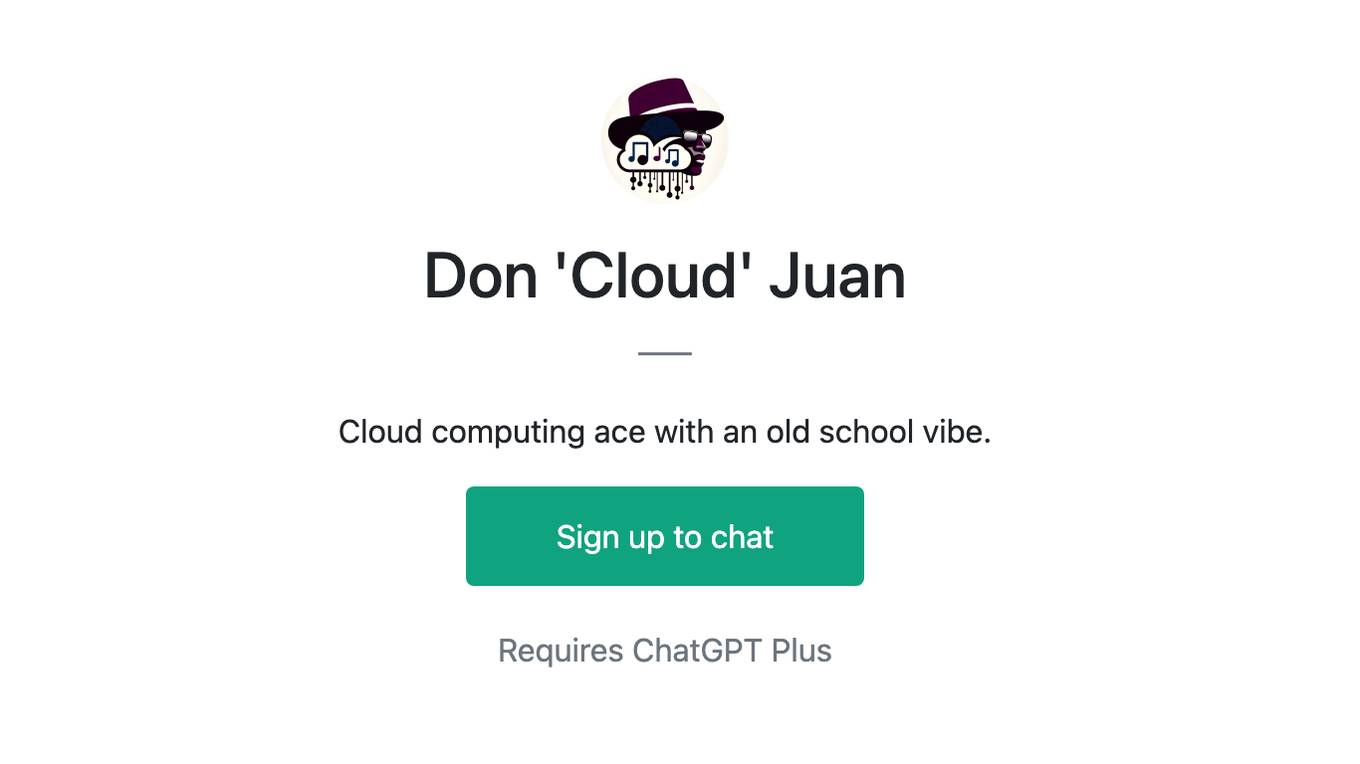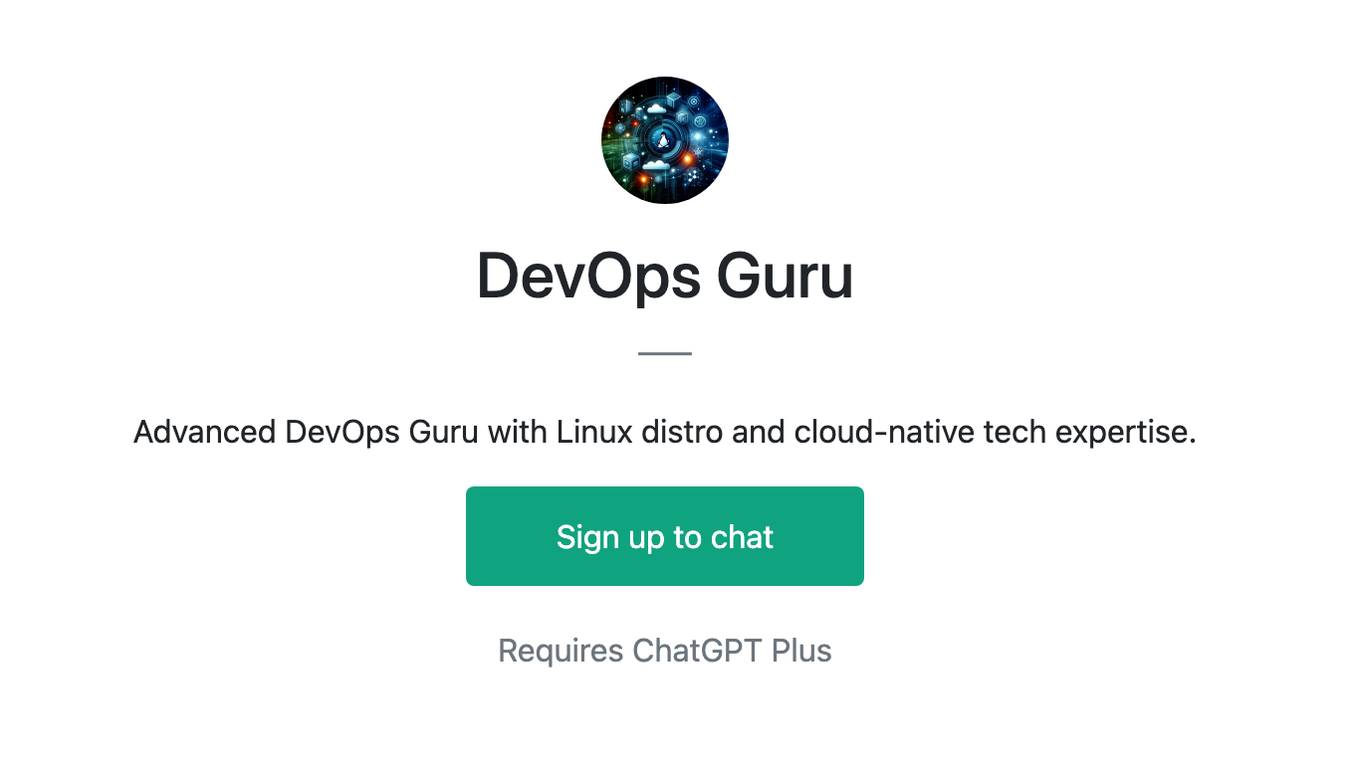Best AI tools for< Manage Cloud Security >
20 - AI tool Sites
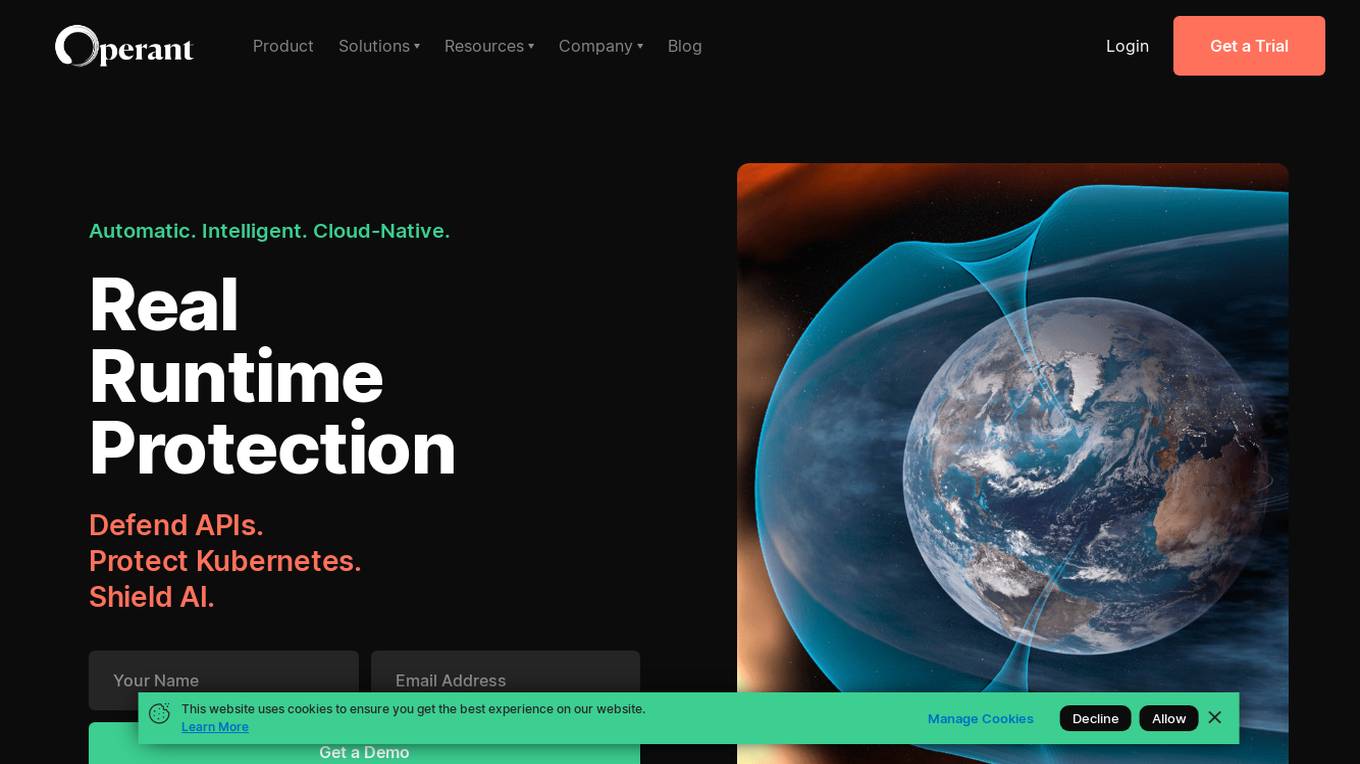
Operant
Operant is a cloud-native runtime protection platform that offers instant visibility and control from infrastructure to APIs. It provides AI security shield for applications, API threat protection, Kubernetes security, automatic microsegmentation, and DevSecOps solutions. Operant helps defend APIs, protect Kubernetes, and shield AI applications by detecting and blocking various attacks in real-time. It simplifies security for cloud-native environments with zero instrumentation, application code changes, or integrations.
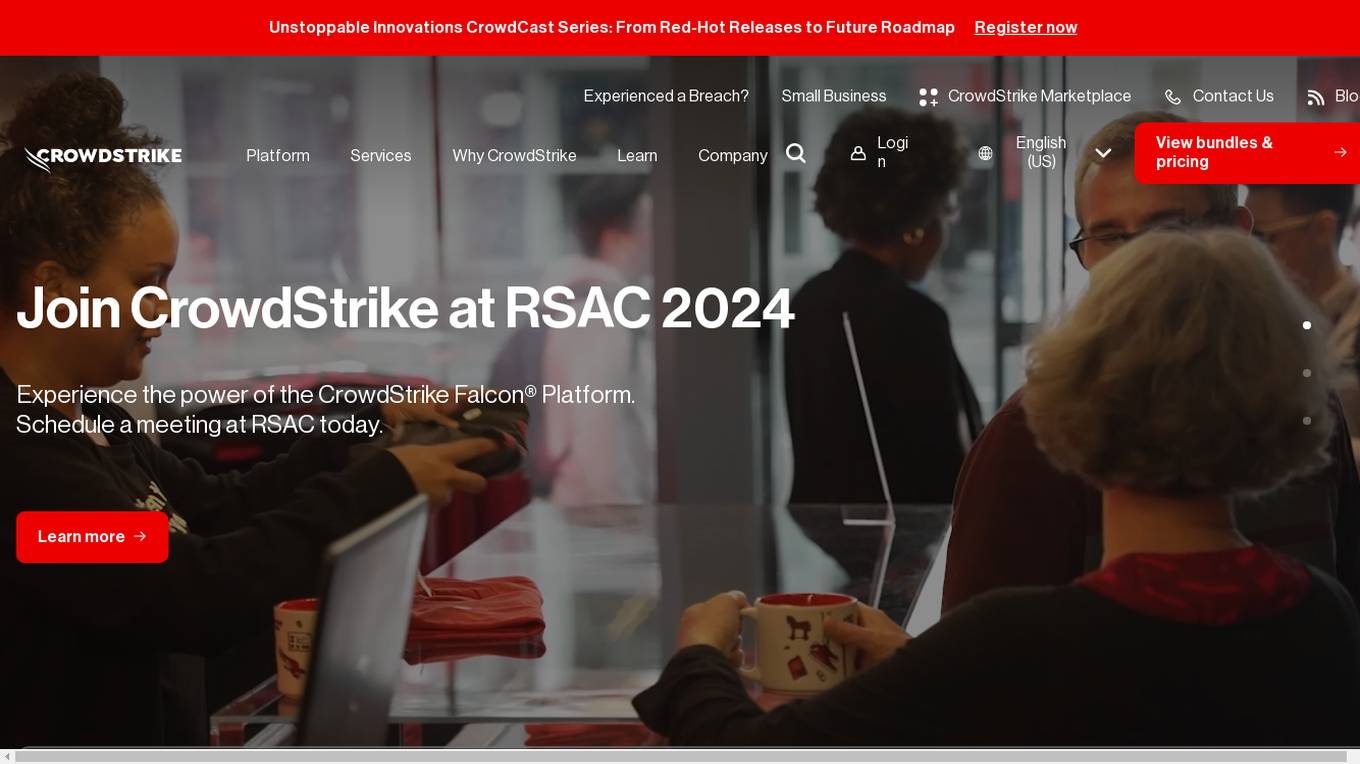
CrowdStrike
CrowdStrike is a cloud-based cybersecurity platform that provides endpoint protection, threat intelligence, and incident response services. It uses artificial intelligence (AI) to detect and prevent cyberattacks. CrowdStrike's platform is designed to be scalable and easy to use, and it can be deployed on-premises or in the cloud. CrowdStrike has a global customer base of over 23,000 organizations, including many Fortune 500 companies.
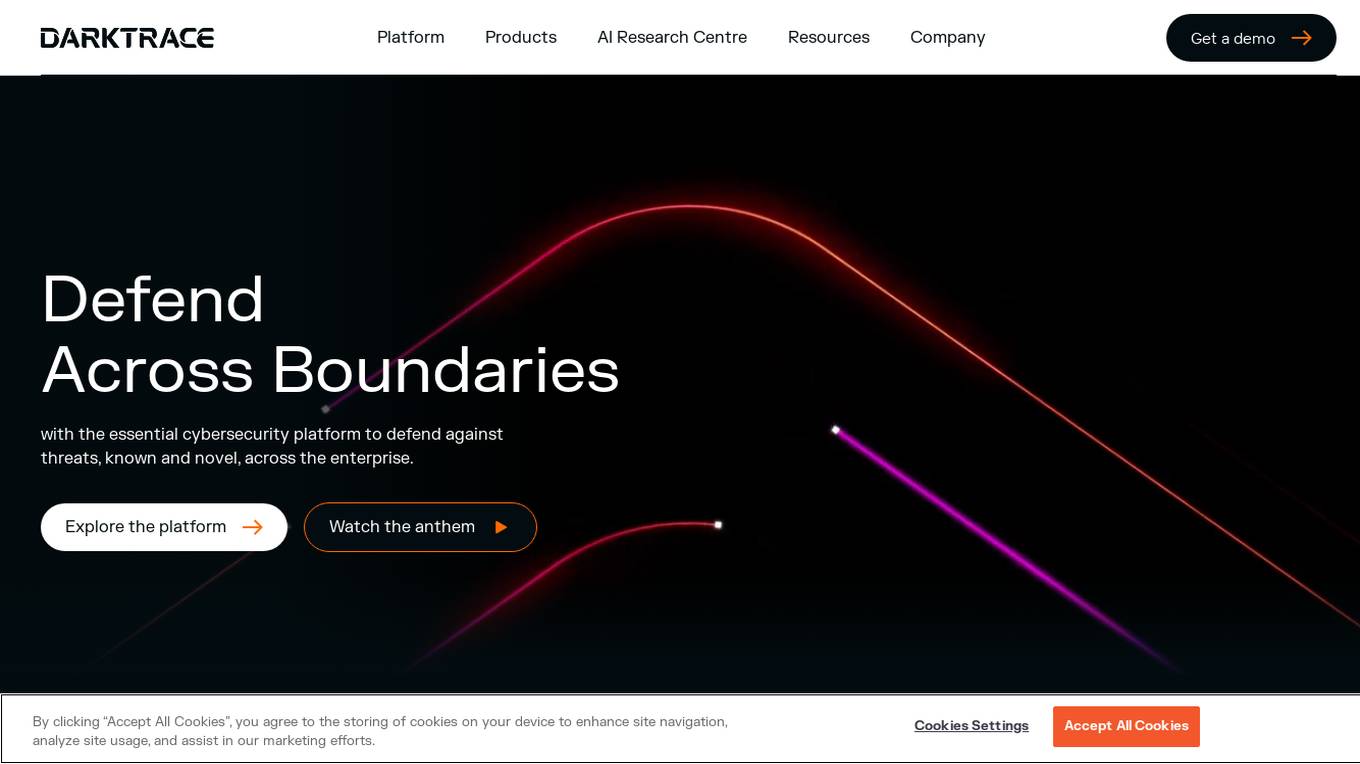
Darktrace
Darktrace is a cybersecurity platform that leverages AI technology to provide proactive protection against cyber threats. It offers cloud-native AI security solutions for networks, emails, cloud environments, identity protection, and endpoint security. Darktrace's AI Analyst investigates alerts at the speed and scale of AI, mimicking human analyst behavior. The platform also includes services such as 24/7 expert support and incident management. Darktrace's AI is built on a unique approach where it learns from the organization's data to detect and respond to threats effectively. The platform caters to organizations of all sizes and industries, offering real-time detection and autonomous response to known and novel threats.
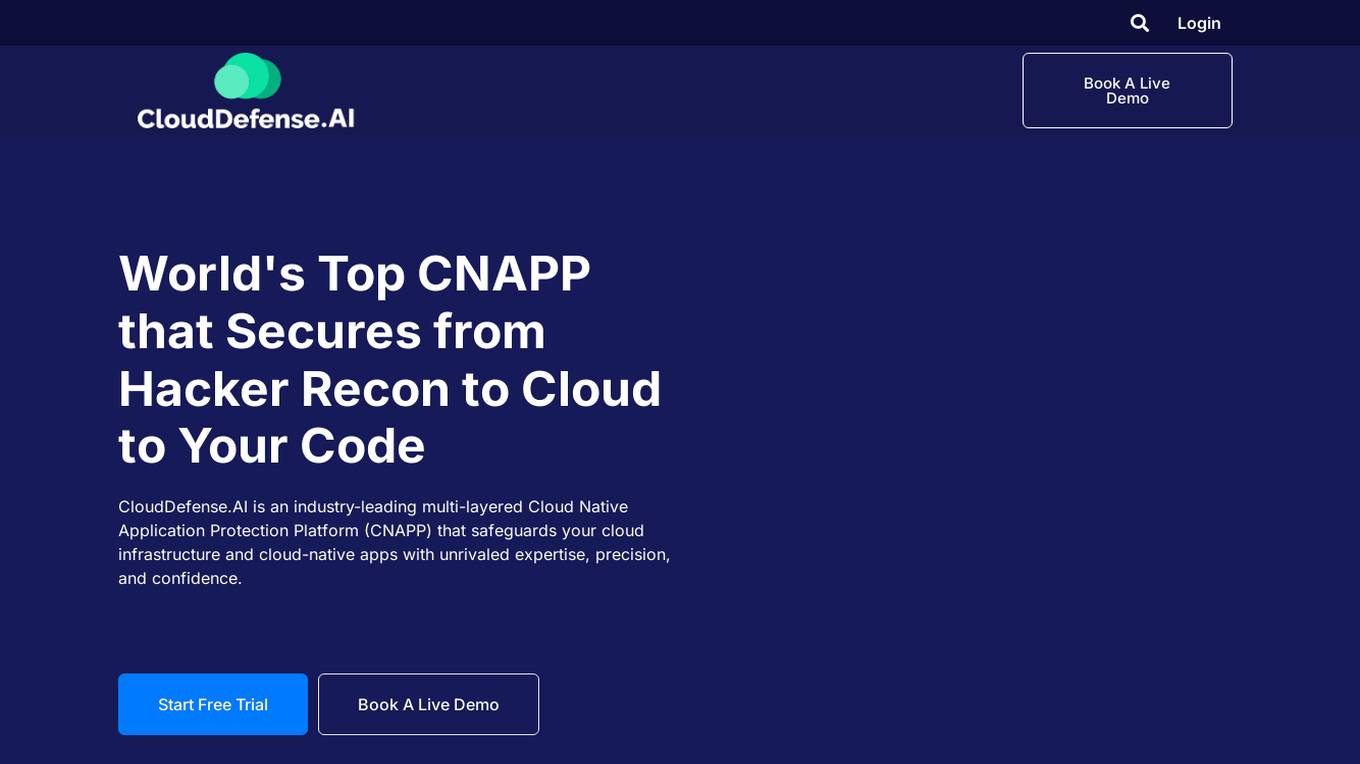
CloudDefense.AI
CloudDefense.AI is an industry-leading multi-layered Cloud Native Application Protection Platform (CNAPP) that safeguards cloud infrastructure and cloud-native apps with expertise, precision, and confidence. It offers comprehensive cloud security solutions, vulnerability management, compliance, and application security testing. The platform utilizes advanced AI technology to proactively detect and analyze real-time threats, ensuring robust protection for businesses against cyber threats.
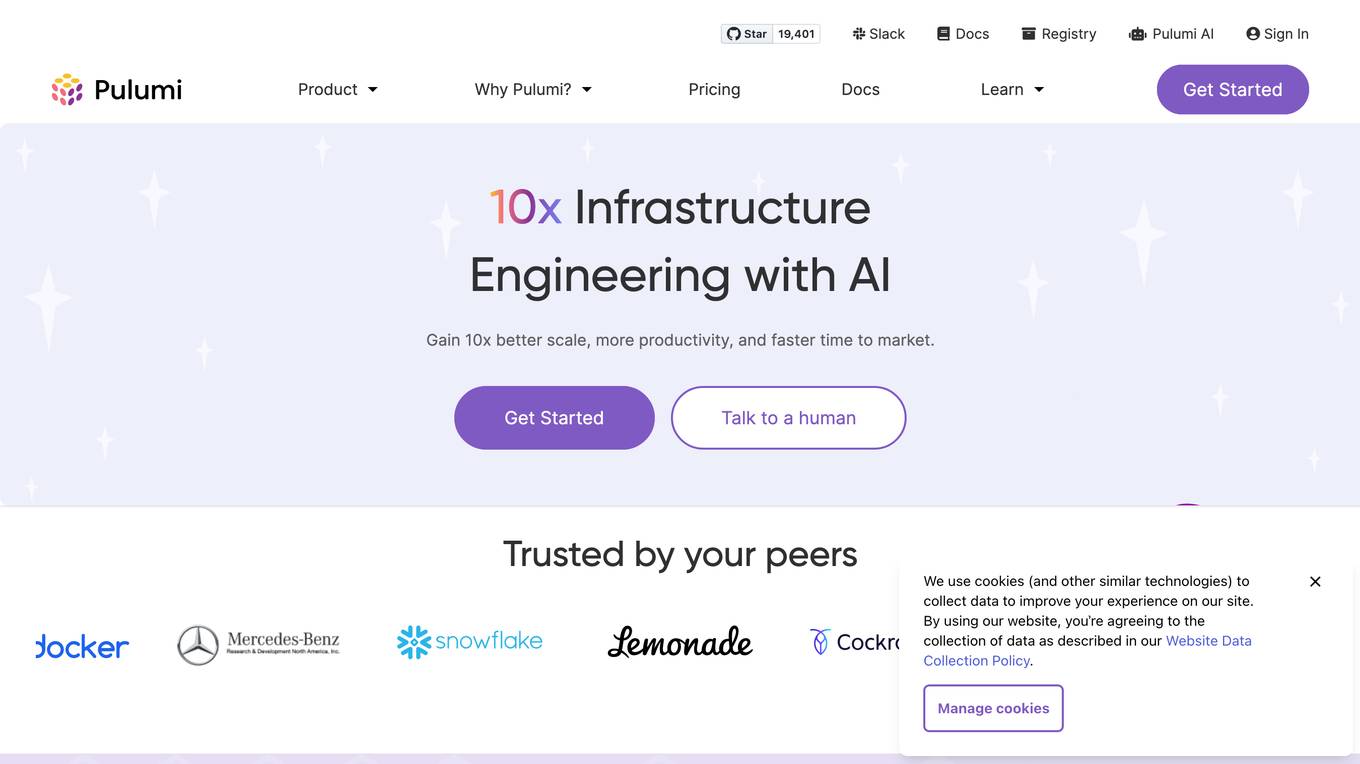
Pulumi
Pulumi is an AI-powered infrastructure as code tool that allows engineers to manage cloud infrastructure using various programming languages like Node.js, Python, Go, .NET, Java, and YAML. It offers features such as generative AI-powered cloud management, security enforcement through policies, automated deployment workflows, asset management, compliance remediation, and AI insights over the cloud. Pulumi helps teams provision, automate, and evolve cloud infrastructure, centralize and secure secrets management, and gain security, compliance, and cost insights across all cloud assets.

OpenBuckets
OpenBuckets is a web application designed to help users find and secure open buckets in cloud storage systems. It provides a simple and efficient way to identify and protect sensitive data that may be exposed due to misconfigured cloud storage settings. With OpenBuckets, users can easily scan their cloud storage accounts for publicly accessible buckets and take necessary actions to safeguard their information.
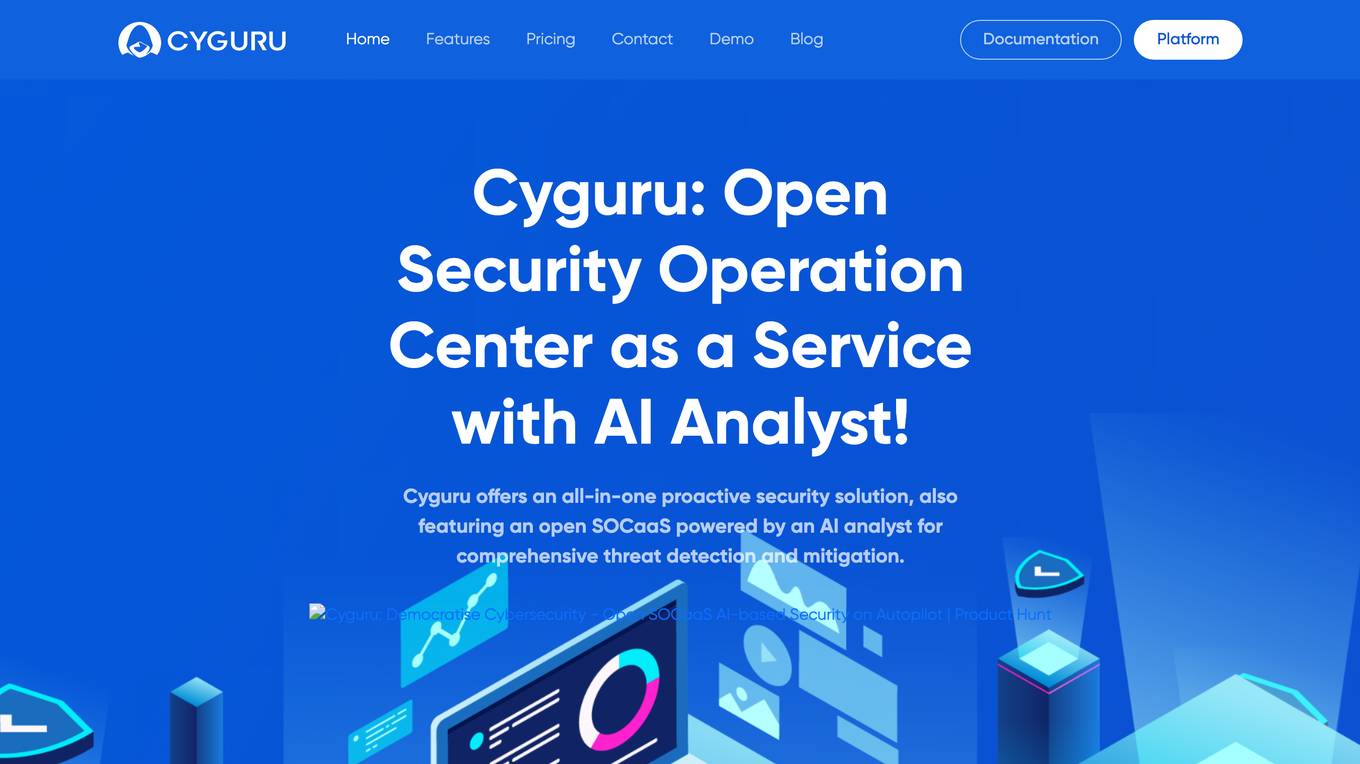
Cyguru
Cyguru is an all-in-one cloud-based AI Security Operation Center (SOC) that offers a comprehensive range of features for a robust and secure digital landscape. Its Security Operation Center is the cornerstone of its service domain, providing AI-Powered Attack Detection, Continuous Monitoring for Vulnerabilities and Misconfigurations, Compliance Assurance, SecPedia: Your Cybersecurity Knowledge Hub, and Advanced ML & AI Detection. Cyguru's AI-Powered Analyst promptly alerts users to any suspicious behavior or activity that demands attention, ensuring timely delivery of notifications. The platform is accessible to everyone, with up to three free servers and subsequent pricing that is more than 85% below the industry average.
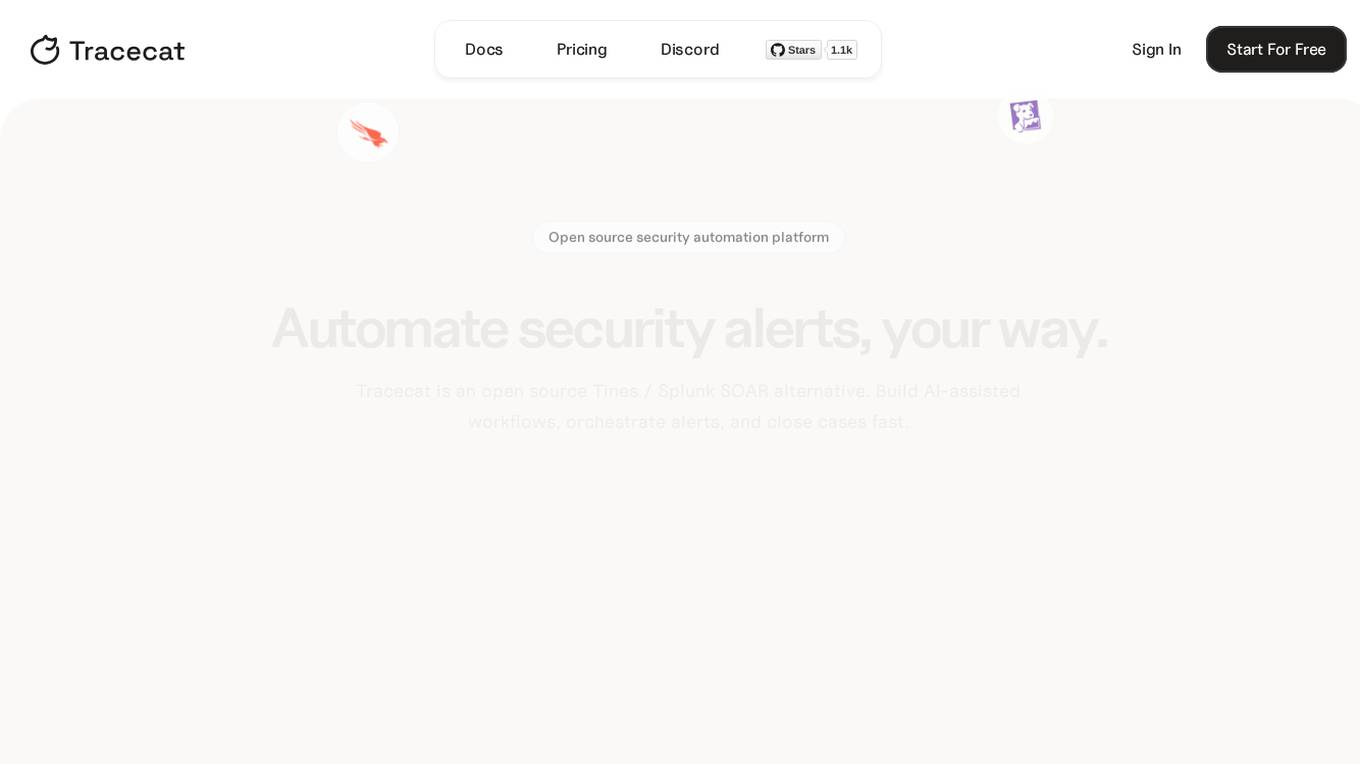
Tracecat
Tracecat is an open-source security automation platform that helps you automate security alerts, build AI-assisted workflows, orchestrate alerts, and close cases fast. It is a Tines / Splunk SOAR alternative that is built for builders and allows you to experiment for free. You can deploy Tracecat on your own infrastructure or use Tracecat Cloud with no maintenance overhead. Tracecat is Apache-2.0 licensed, which means it is open vision, open community, and open development. You can have your say in the future of security automation. Tracecat is no-code first, but you can also code as well. You can build automations fast with no-code and customize without vendor lock-in using Python. Tracecat has a click-and-drag workflow builder that allows you to automate SecOps using pre-built actions (API calls, webhooks, data transforms, AI tasks, and more) combined into workflows. No code is required. Tracecat also has a built-in case management system that allows you to open cases directly from workflows and track and manage security incidents all in one platform.
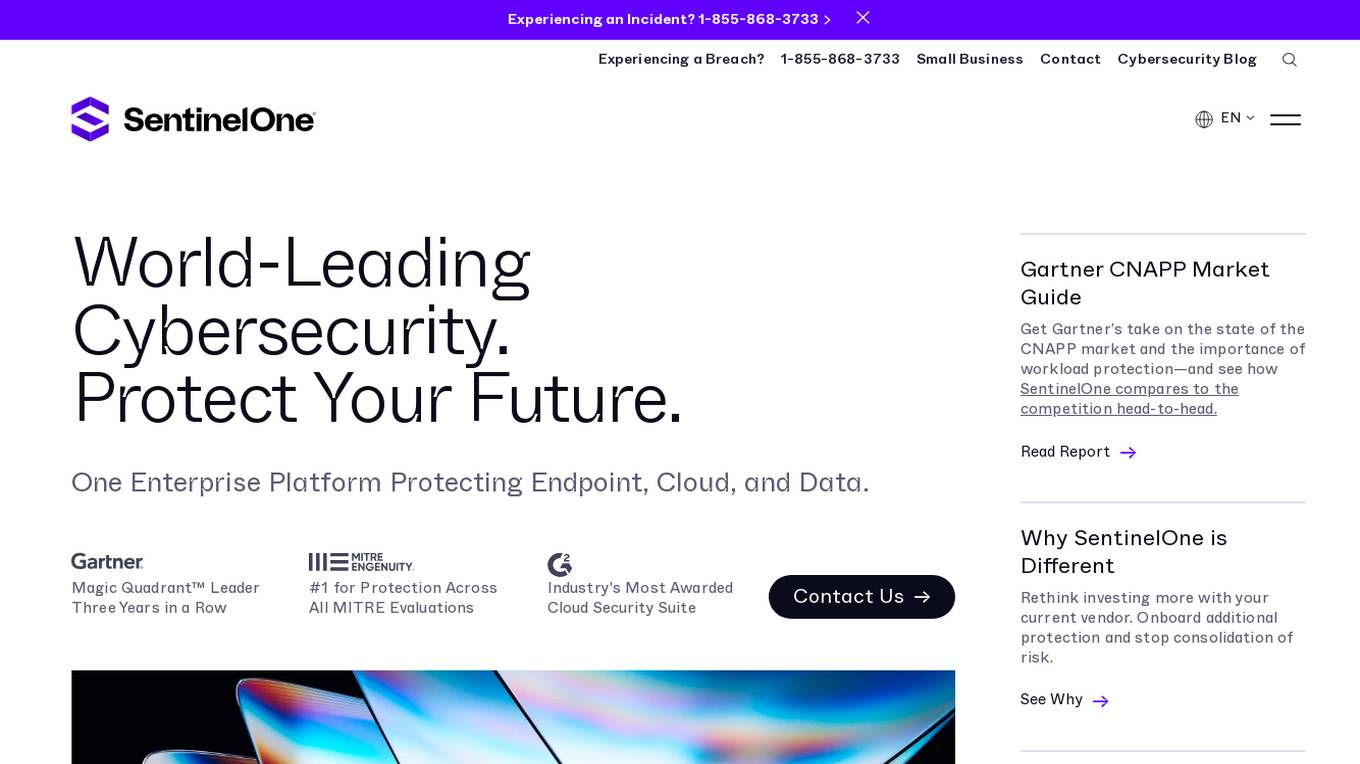
SentinelOne
SentinelOne is an advanced enterprise cybersecurity AI platform that offers a comprehensive suite of AI-powered security solutions for endpoint, cloud, and identity protection. The platform leverages AI technology to anticipate threats, manage vulnerabilities, and protect resources across the enterprise ecosystem. SentinelOne provides real-time threat hunting, managed services, and actionable insights through its unified data lake, empowering security teams to respond effectively to cyber threats. With a focus on automation, efficiency, and value maximization, SentinelOne is a trusted cybersecurity solution for leading enterprises worldwide.
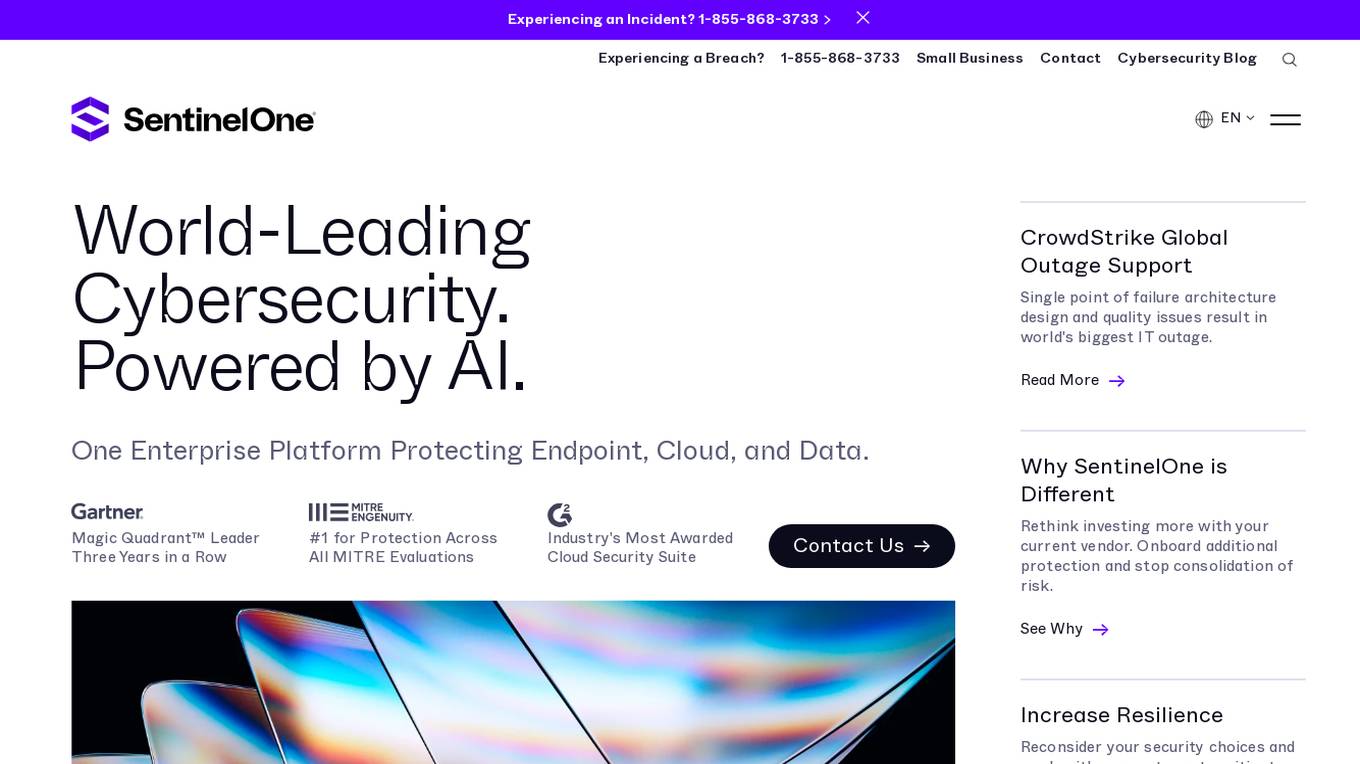
SentinelOne
SentinelOne is an advanced enterprise cybersecurity AI platform that offers a comprehensive suite of AI-powered security solutions for endpoint, cloud, and identity protection. The platform leverages artificial intelligence to anticipate threats, manage vulnerabilities, and protect resources across the entire enterprise ecosystem. With features such as Singularity XDR, Purple AI, and AI-SIEM, SentinelOne empowers security teams to detect and respond to cyber threats in real-time. The platform is trusted by leading enterprises worldwide and has received industry recognition for its innovative approach to cybersecurity.
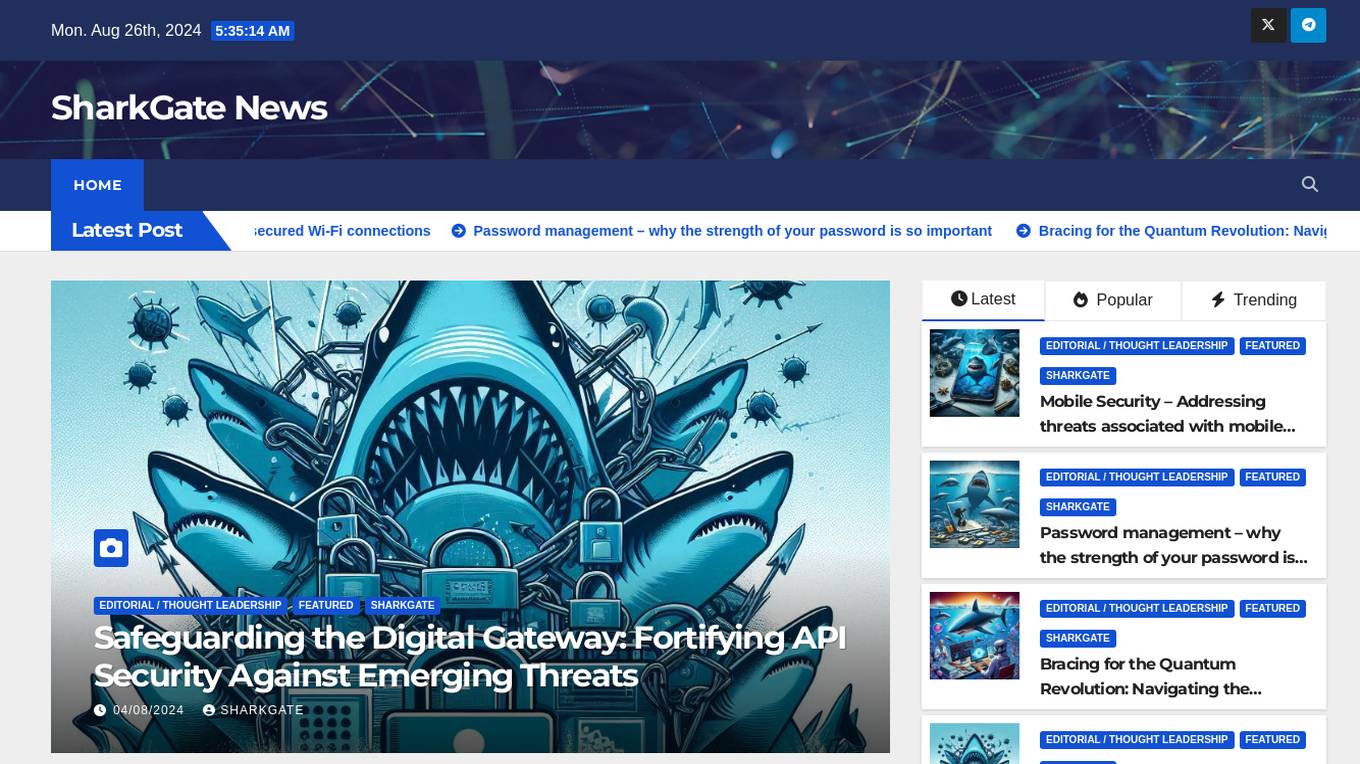
SharkGate
SharkGate is an AI-driven cybersecurity platform that focuses on protecting websites from various cyber threats. The platform offers solutions for mobile security, password management, quantum computing threats, API security, and cloud security. SharkGate leverages artificial intelligence and machine learning to provide advanced threat detection and response capabilities, ensuring the safety and integrity of digital assets. The platform has received accolades for its innovative approach to cybersecurity and has secured funding from notable organizations.
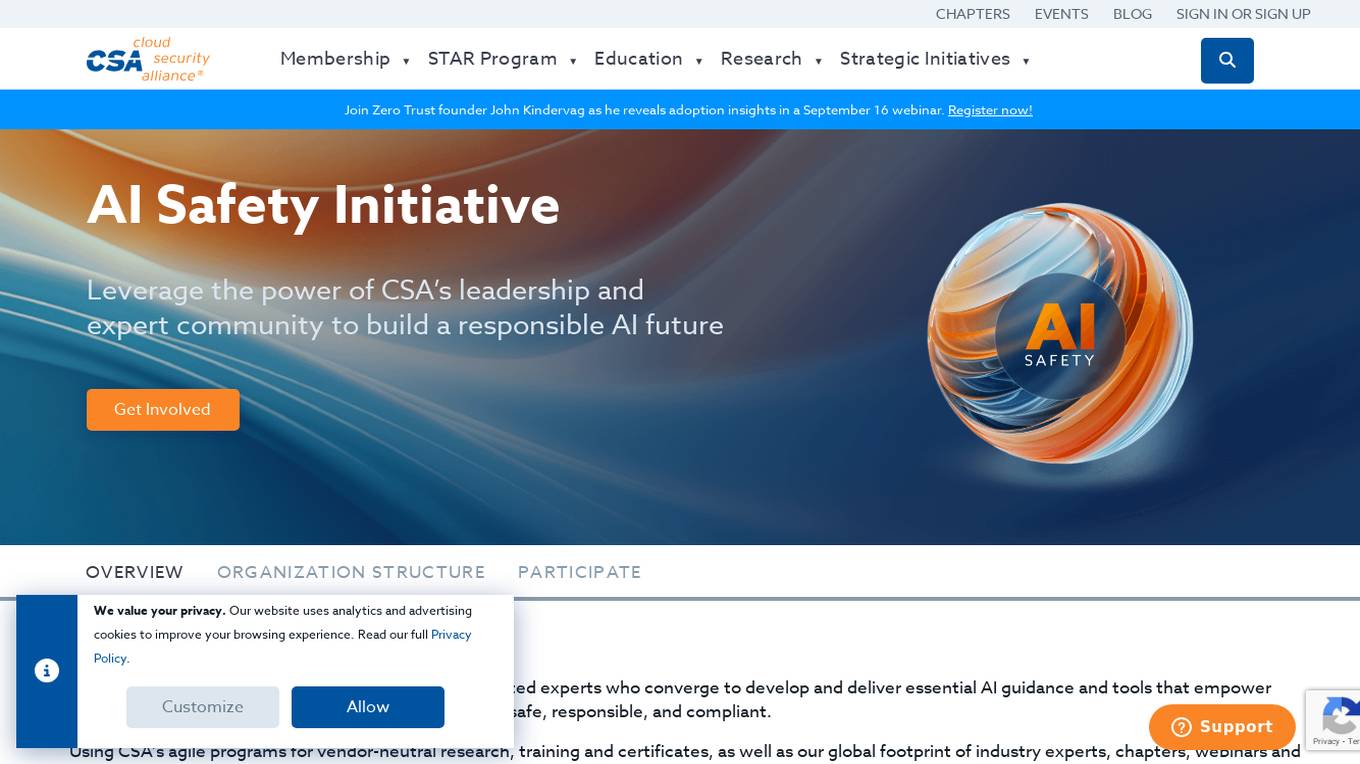
AI Safety Initiative
The AI Safety Initiative is a premier coalition of trusted experts that aims to develop and deliver essential AI guidance and tools for organizations to deploy safe, responsible, and compliant AI solutions. Through vendor-neutral research, training programs, and global industry experts, the initiative provides authoritative AI best practices and tools. It offers certifications, training, and resources to help organizations navigate the complexities of AI governance, compliance, and security. The initiative focuses on AI technology, risk, governance, compliance, controls, and organizational responsibilities.
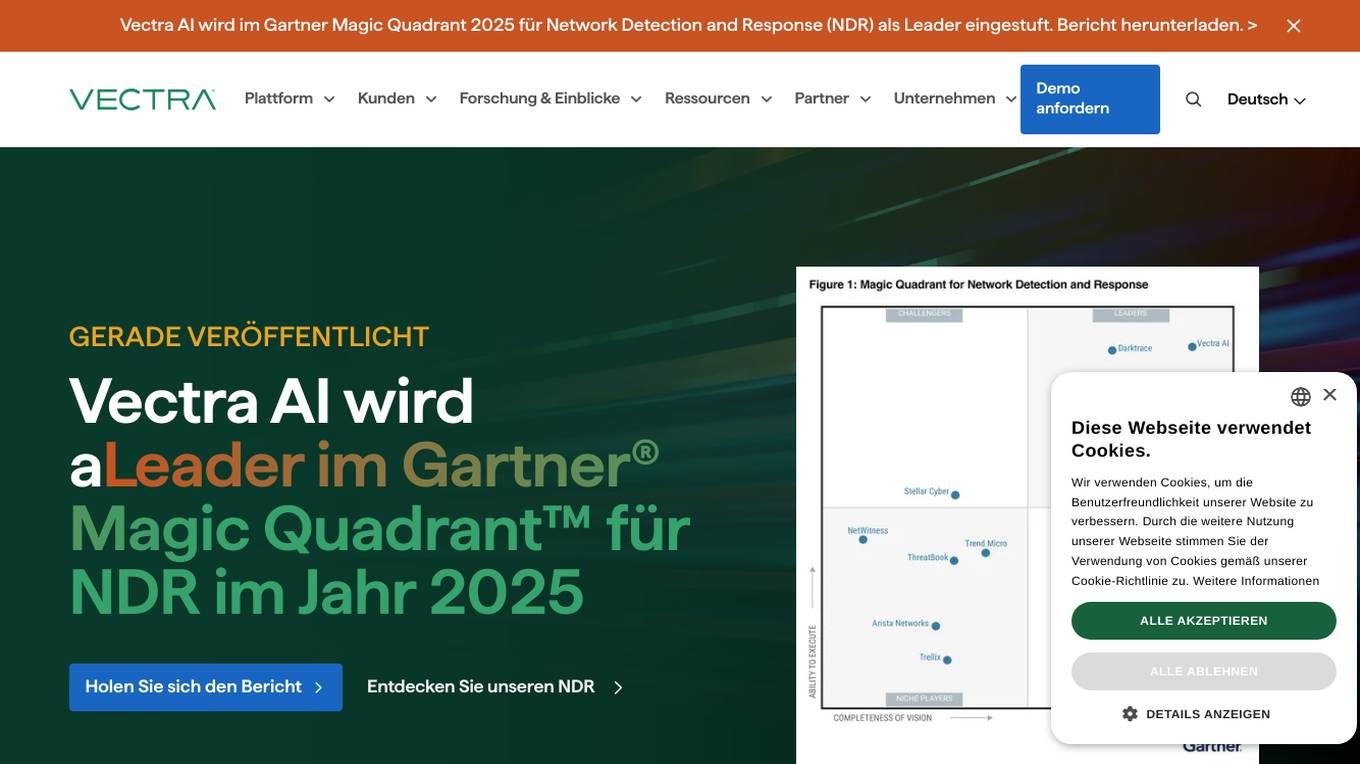
Vectra AI
Vectra AI is a leading cybersecurity AI application that stops attacks that others cannot. It is recognized in the Gartner Magic Quadrant 2025 for Network Detection and Response (NDR) as a leader. Vectra AI's platform protects modern networks from advanced threats by providing real-time attack signal intelligence and AI-driven detections. It equips security analysts with the information needed to quickly stop attacks across various security application scenarios. The application covers a wide range of security areas such as SOC modernization, SIEM optimization, IDS replacement, EDR extension, cloud resilience, and more.
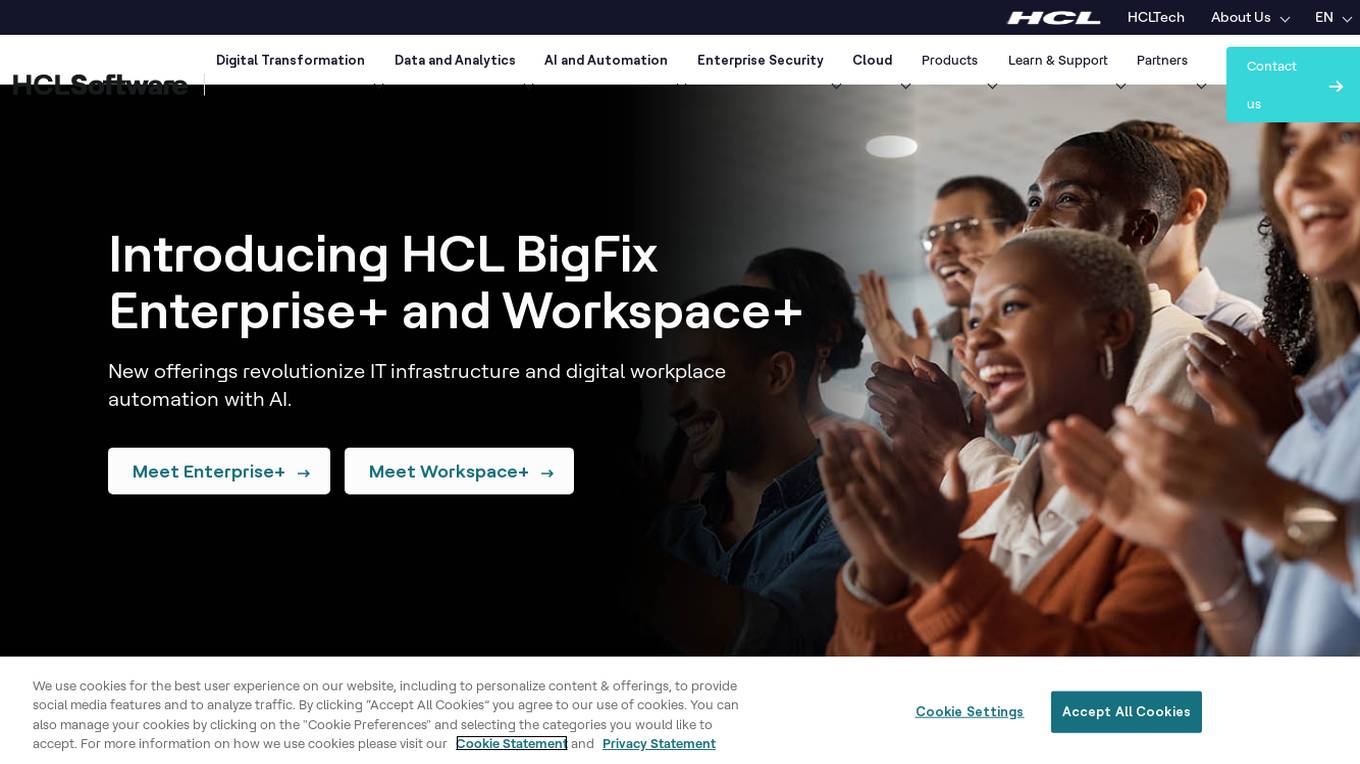
HCLSoftware
HCLSoftware is a leading provider of software solutions for digital transformation, data and analytics, AI and intelligent automation, enterprise security, and cloud computing. The company's products and services help organizations of all sizes to improve their business outcomes and achieve their digital transformation goals.
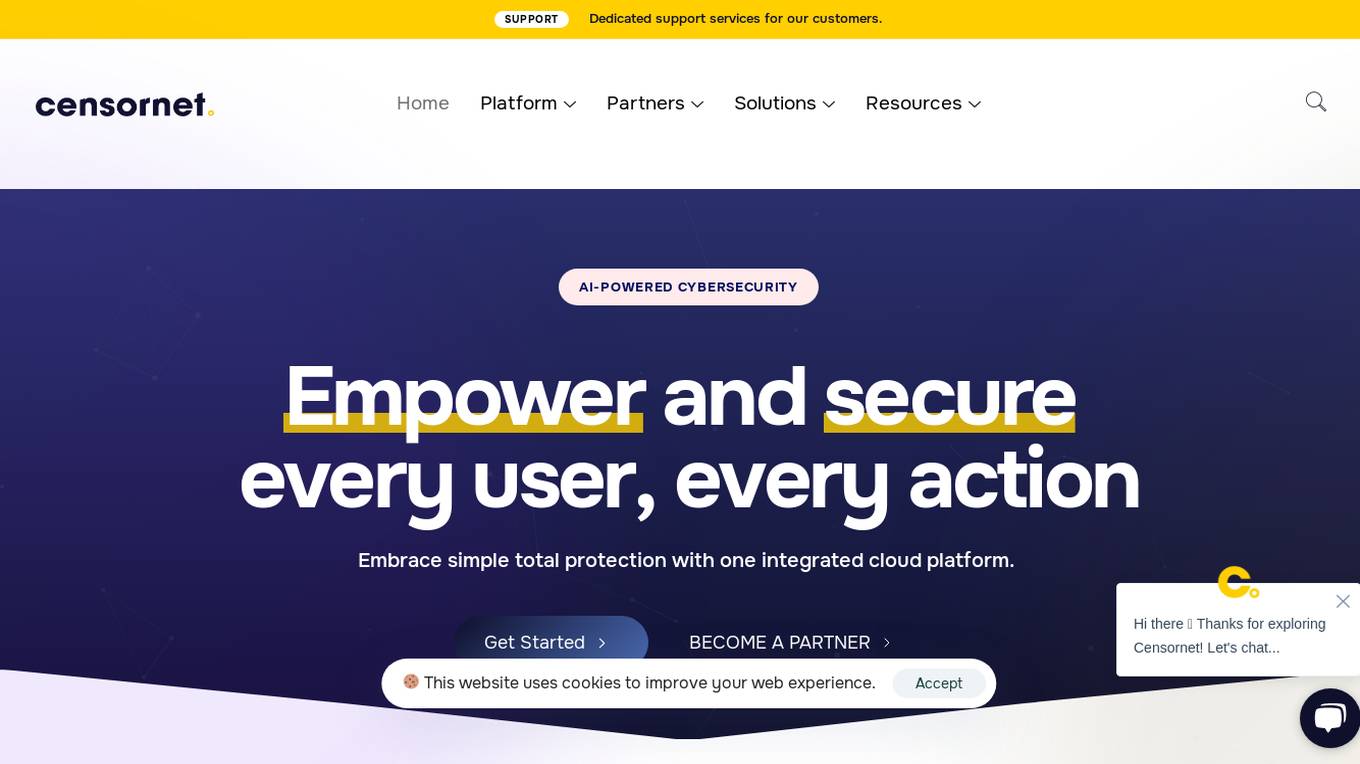
Censornet
The website is an AI-powered cybersecurity platform that aims to empower and secure every user and every action. It provides total protection through an integrated cloud platform, offering features such as secure access to web and cloud apps, threat detection and mitigation, advanced data protection, secure remote worker solutions, and AI-powered security leveraging intelligence about user activity and devices. The platform helps businesses anticipate threats, manage vulnerabilities, and protect users worldwide.
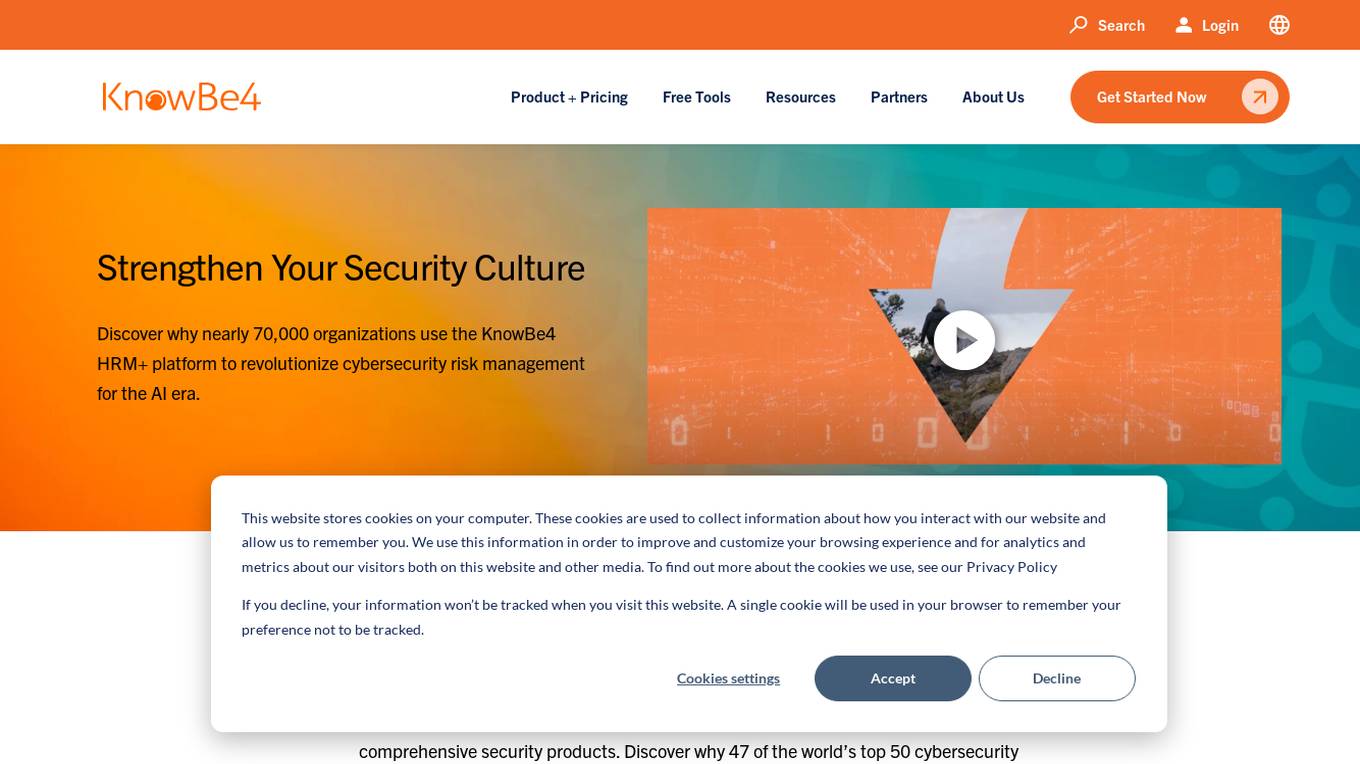
KnowBe4
KnowBe4 is a human risk management platform that offers security awareness training, cloud email security, phishing protection, real-time coaching, compliance training, and AI defense agents. The platform integrates AI to help organizations drive awareness, change user behavior, and reduce human risk. KnowBe4 is trusted by 70,000 organizations worldwide and is known for its comprehensive security products and customer-centric approach.
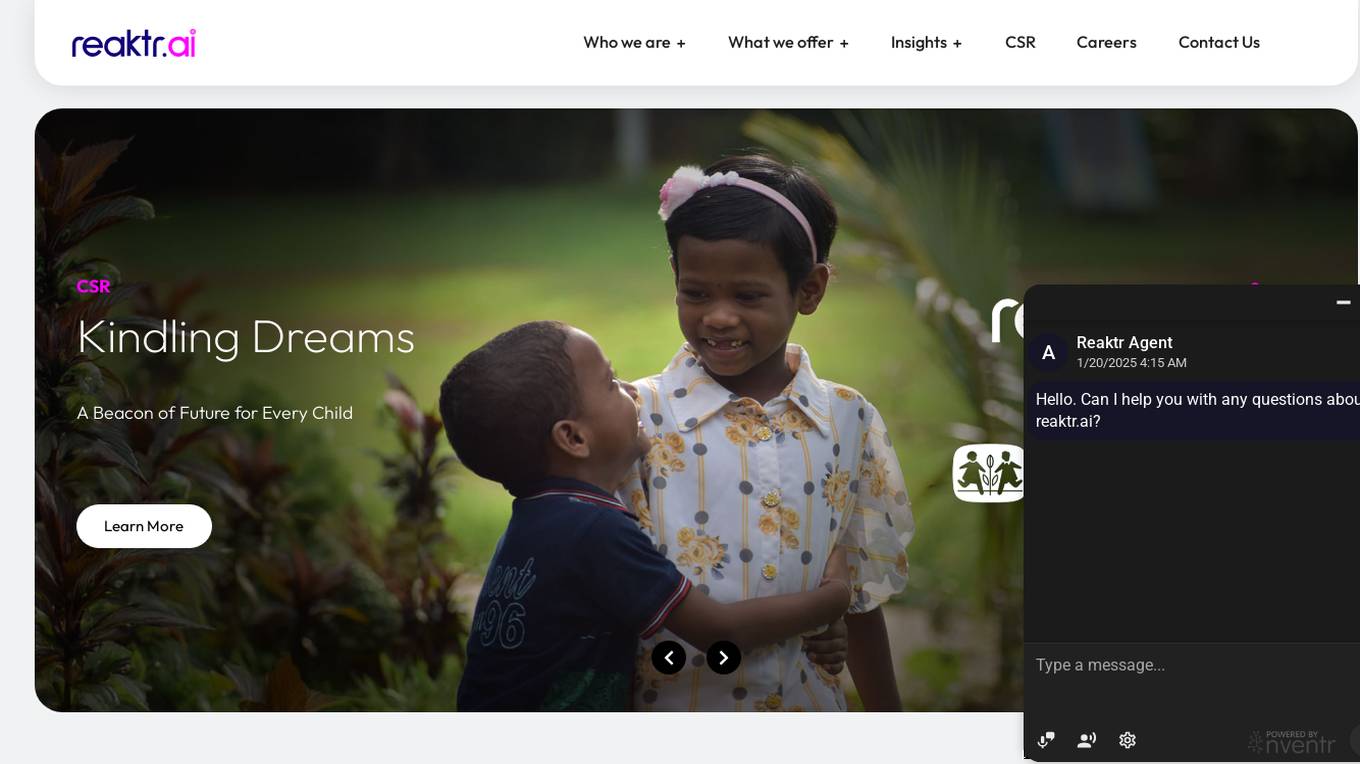
Reaktr.ai
Reaktr.ai is an AI-driven technology solutions provider that offers advanced AI automation services, predictive analytics, and sophisticated machine learning algorithms to help enterprises operate with agility and precision. The platform equips businesses with intelligent automation, enhanced security, and immersive experiences to drive growth, efficiency, and innovation. Reaktr.ai specializes in cloud management, cybersecurity, and AI services, providing solutions for data infrastructure, security testing, compliance, and more. With a commitment to redefining how enterprises operate, Reaktr.ai leverages AI capabilities to help businesses prosper in an AI-ready landscape.
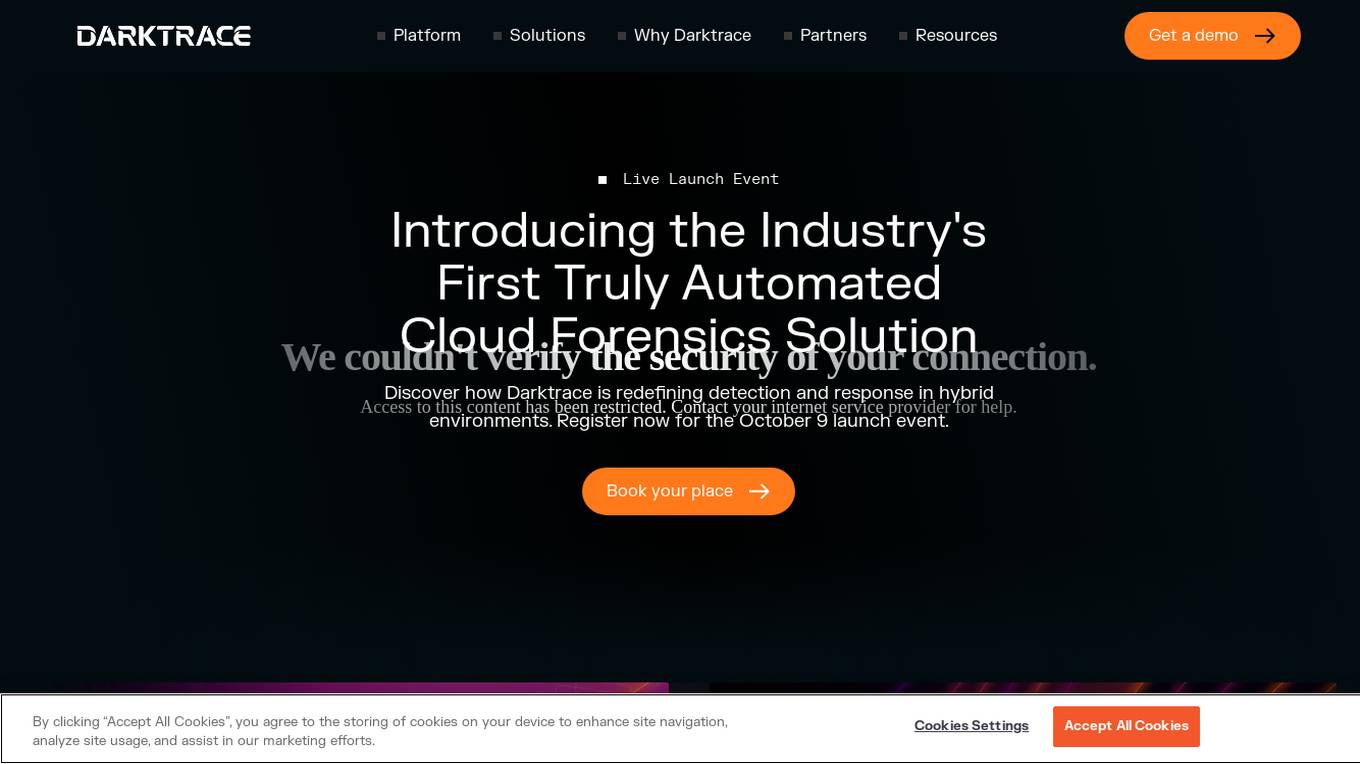
Darktrace
Darktrace is an essential AI cybersecurity platform that offers proactive protection, cloud-native AI security, comprehensive risk management, and user protection across various devices. It accelerates triage by 10x, defends with confidence, and connects with various integrations. Darktrace ActiveAI Security Platform spots novel threats across organizations, providing solutions for ransomware, APTs, phishing, data loss, and more. With a focus on defense, Darktrace aims to transform cybersecurity by detecting and responding to known and novel threats in real-time.
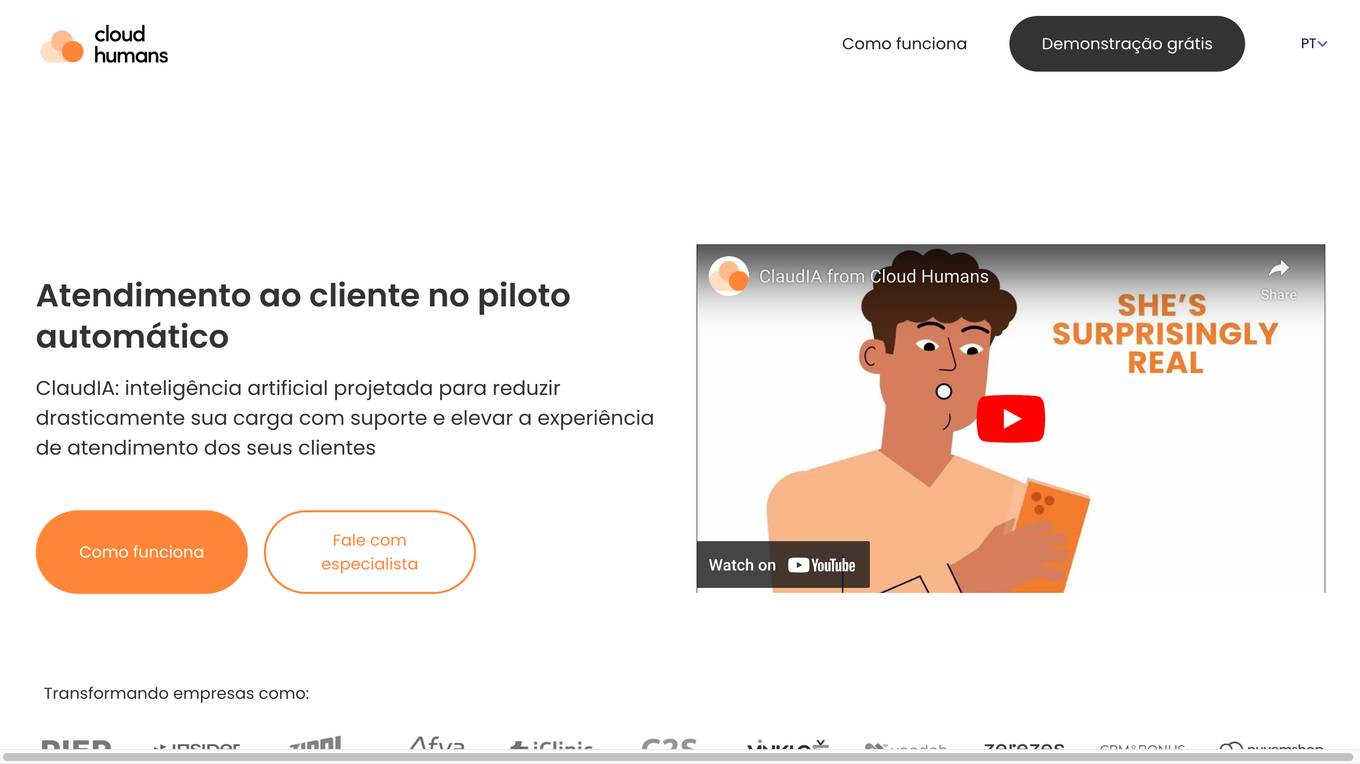
Cloudhumans
The website en.cloudhumans.com is experiencing a DNS issue where the IP address is prohibited, causing a conflict within Cloudflare's system. Users encountering this error are advised to refer to the provided link for troubleshooting details. The site is hosted on the Cloudflare network, and the owner is instructed to log in and change the DNS A records to resolve the issue. Additionally, the page provides information about Cloudflare Ray ID and user's IP address, along with performance and security features by Cloudflare.

Start Left® Security
Start Left® Security is an AI-driven application security posture management platform that empowers product teams to automate secure-by-design software from people to cloud. The platform integrates security into every facet of the organization, offering a unified solution that aligns with business goals, fosters continuous improvement, and drives innovation. Start Left® Security provides a gamified DevSecOps experience with comprehensive security capabilities like SCA, SBOM, SAST, DAST, Container Security, IaC security, ASPM, and more.
2 - Open Source AI Tools
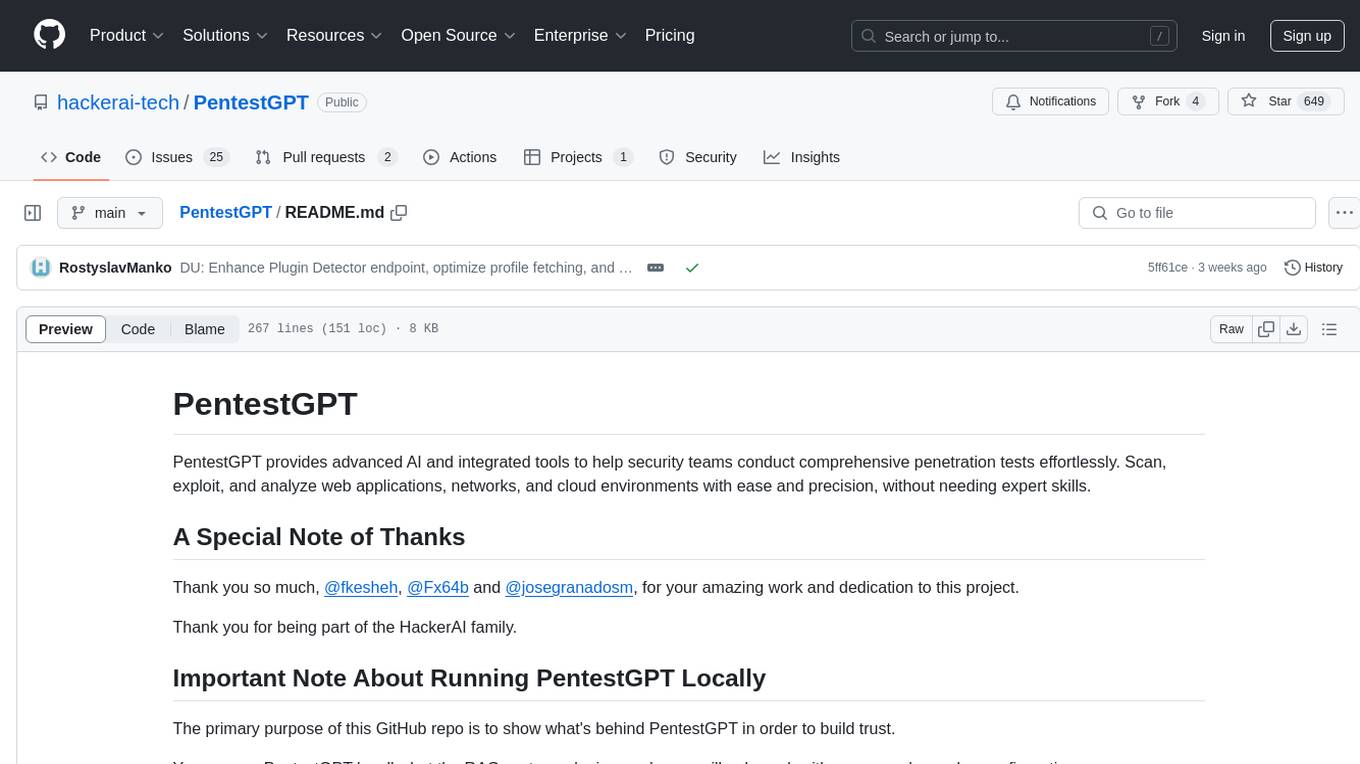
PentestGPT
PentestGPT provides advanced AI and integrated tools to help security teams conduct comprehensive penetration tests effortlessly. Scan, exploit, and analyze web applications, networks, and cloud environments with ease and precision, without needing expert skills. The tool utilizes Supabase for data storage and management, and Vercel for hosting the frontend. It offers a local quickstart guide for running the tool locally and a hosted quickstart guide for deploying it in the cloud. PentestGPT aims to simplify the penetration testing process for security professionals and enthusiasts alike.
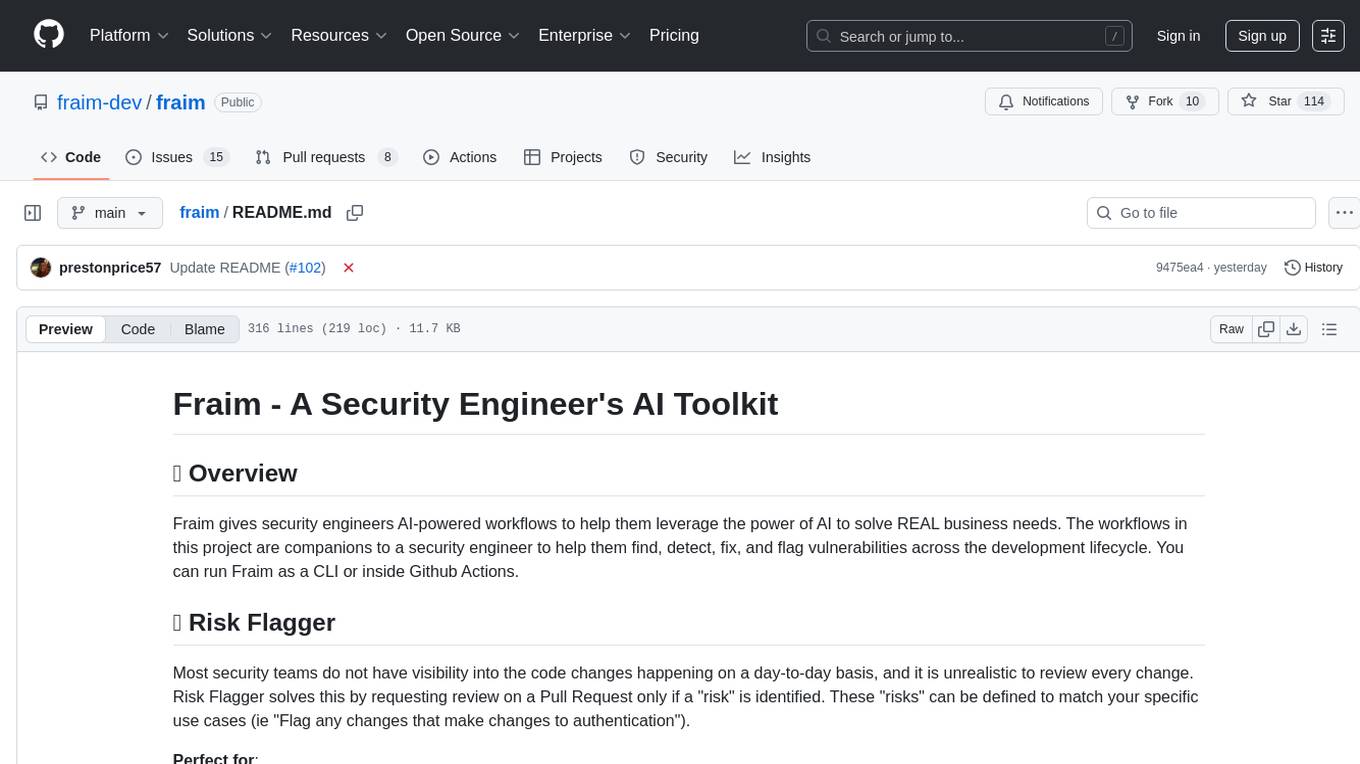
fraim
Fraim is an AI-powered toolkit designed for security engineers to enhance their workflows by leveraging AI capabilities. It offers solutions to find, detect, fix, and flag vulnerabilities throughout the development lifecycle. The toolkit includes features like Risk Flagger for identifying risks in code changes, Code Security Analysis for context-aware vulnerability detection, and Infrastructure as Code Analysis for spotting misconfigurations in cloud environments. Fraim can be run as a CLI tool or integrated into Github Actions, making it a versatile solution for security teams and organizations looking to enhance their security practices with AI technology.
20 - OpenAI Gpts
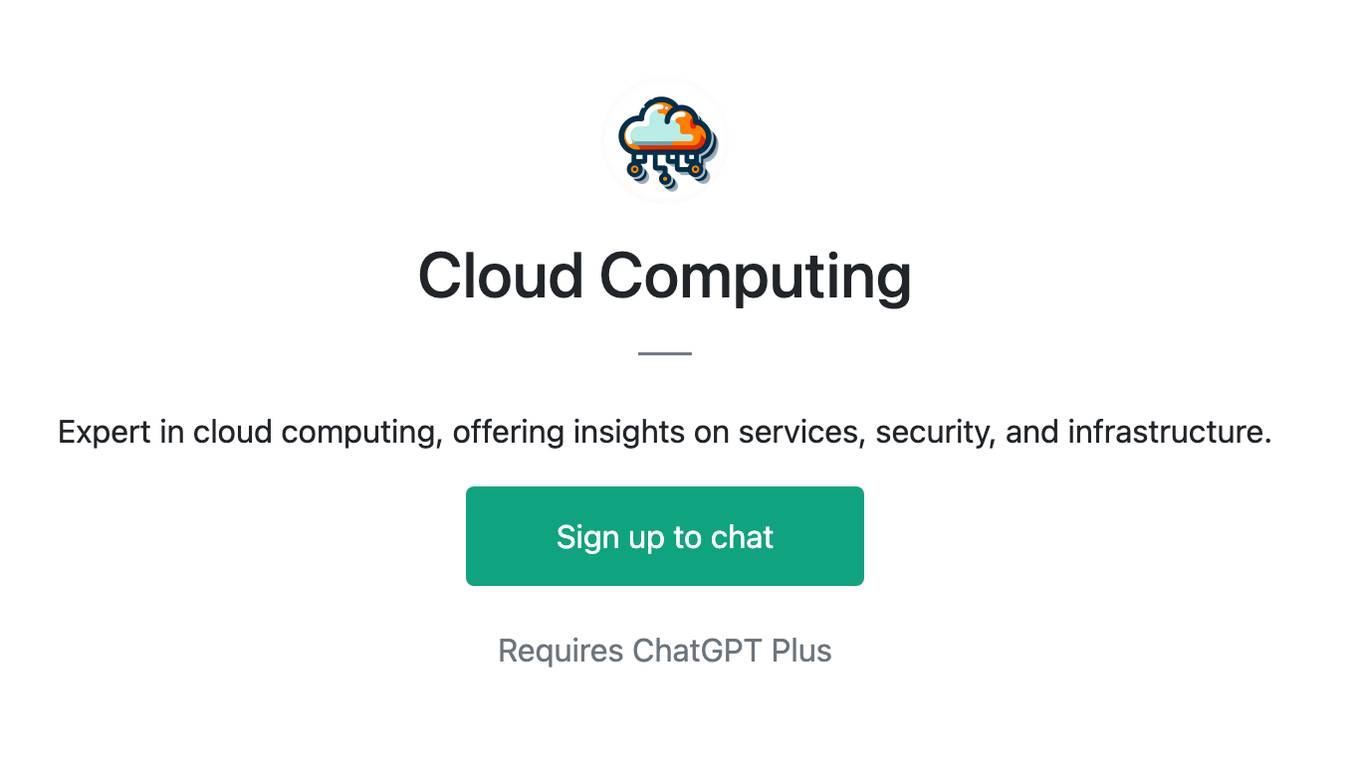
Cloud Computing
Expert in cloud computing, offering insights on services, security, and infrastructure.
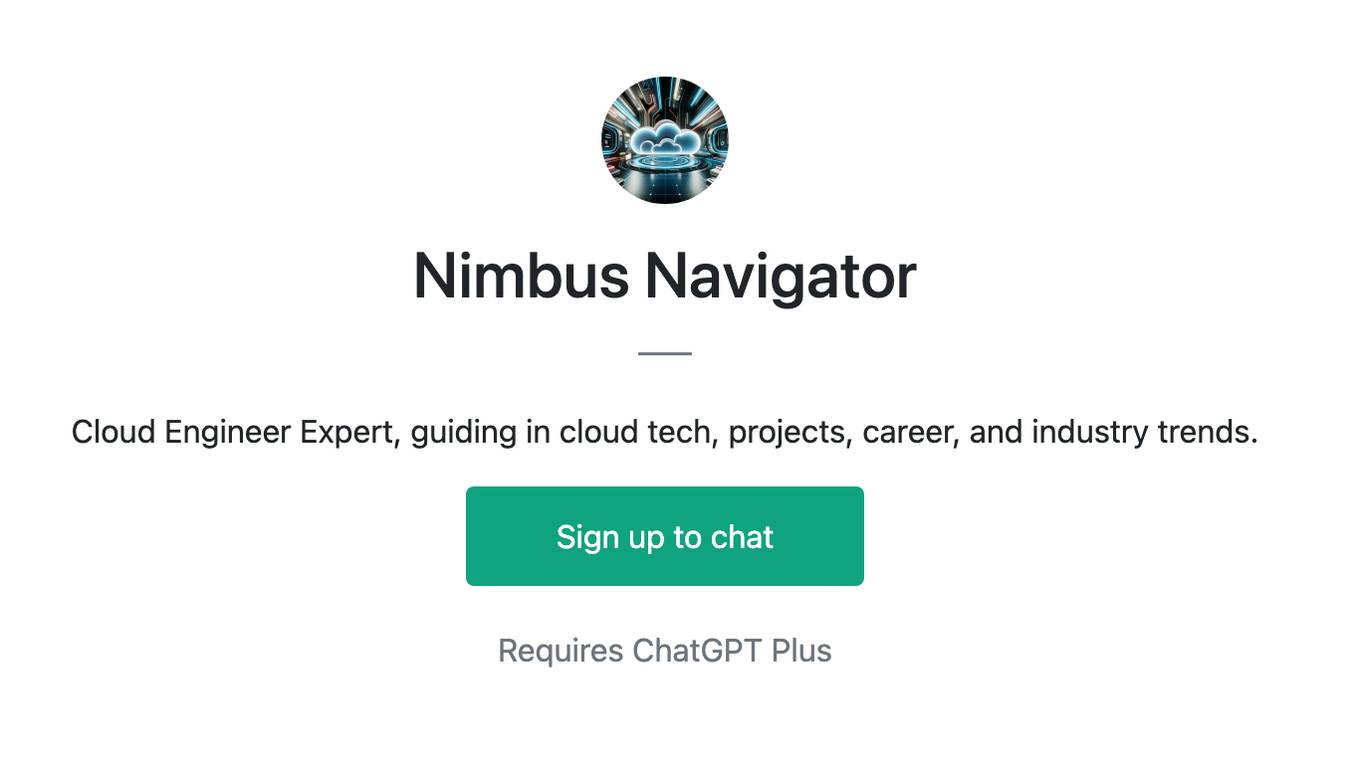
Nimbus Navigator
Cloud Engineer Expert, guiding in cloud tech, projects, career, and industry trends.
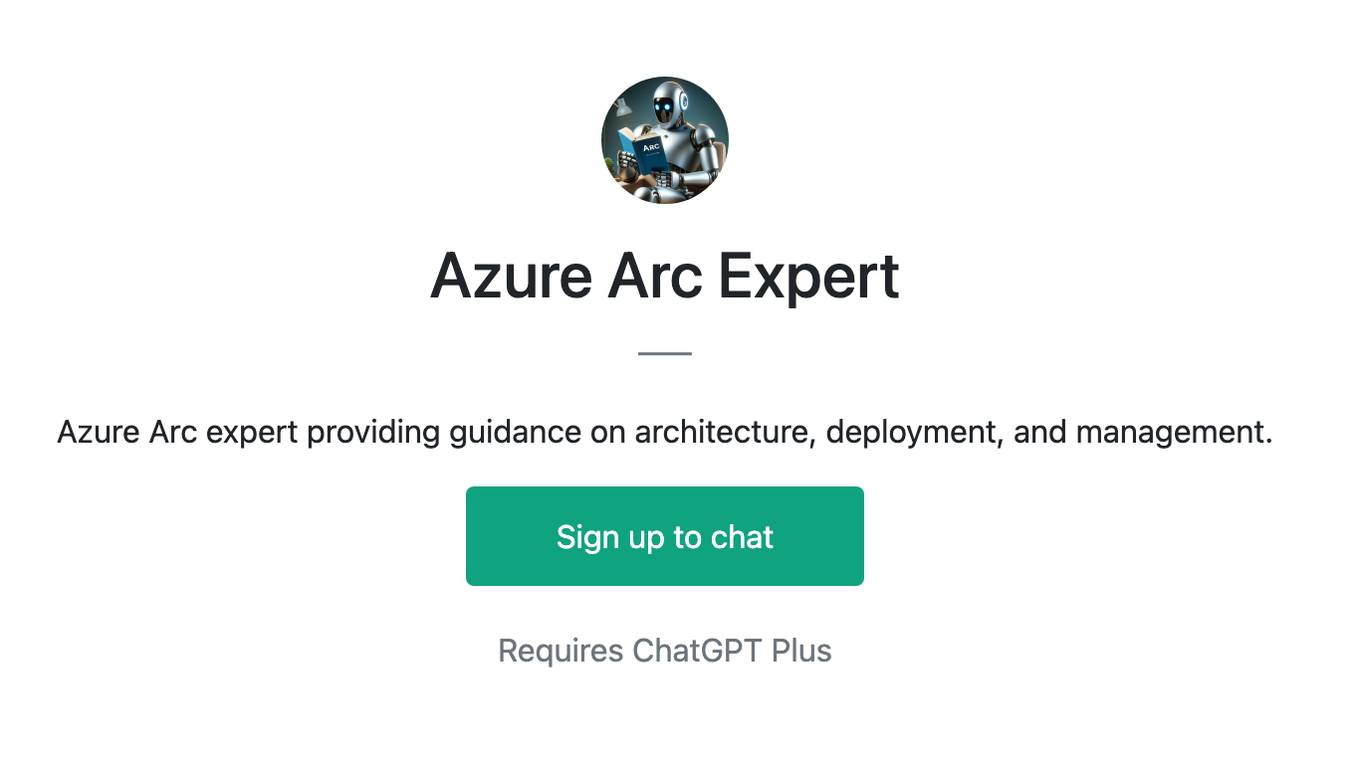
Azure Arc Expert
Azure Arc expert providing guidance on architecture, deployment, and management.
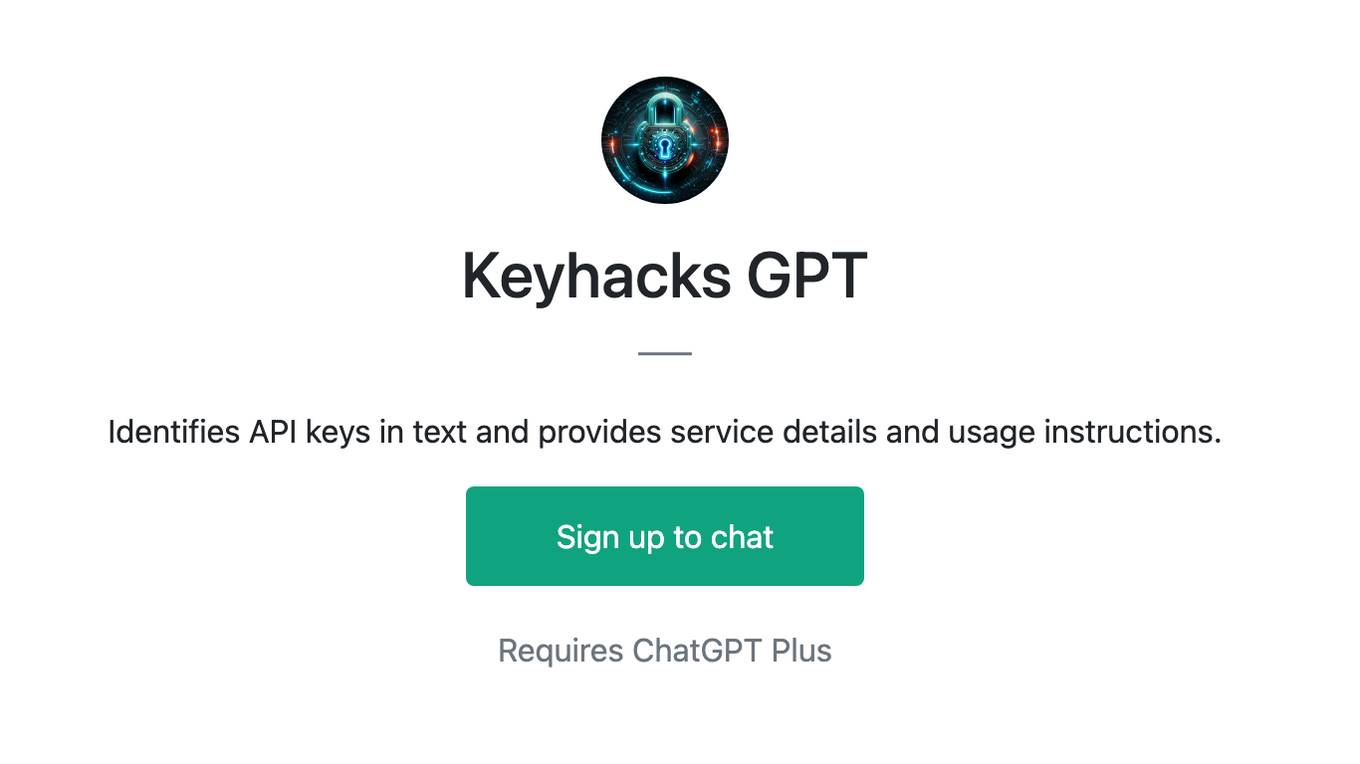
Keyhacks GPT
Identifies API keys in text and provides service details and usage instructions.
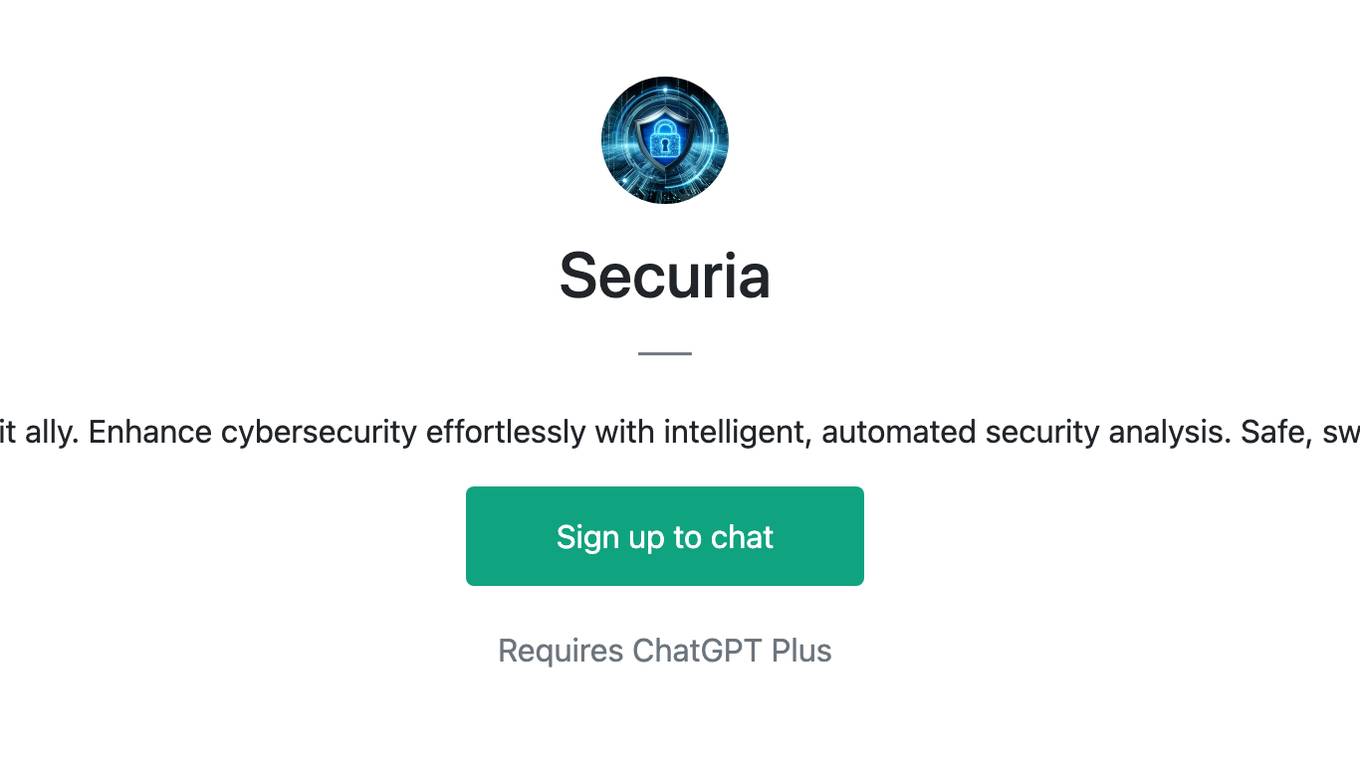
Securia
AI-powered audit ally. Enhance cybersecurity effortlessly with intelligent, automated security analysis. Safe, swift, and smart.
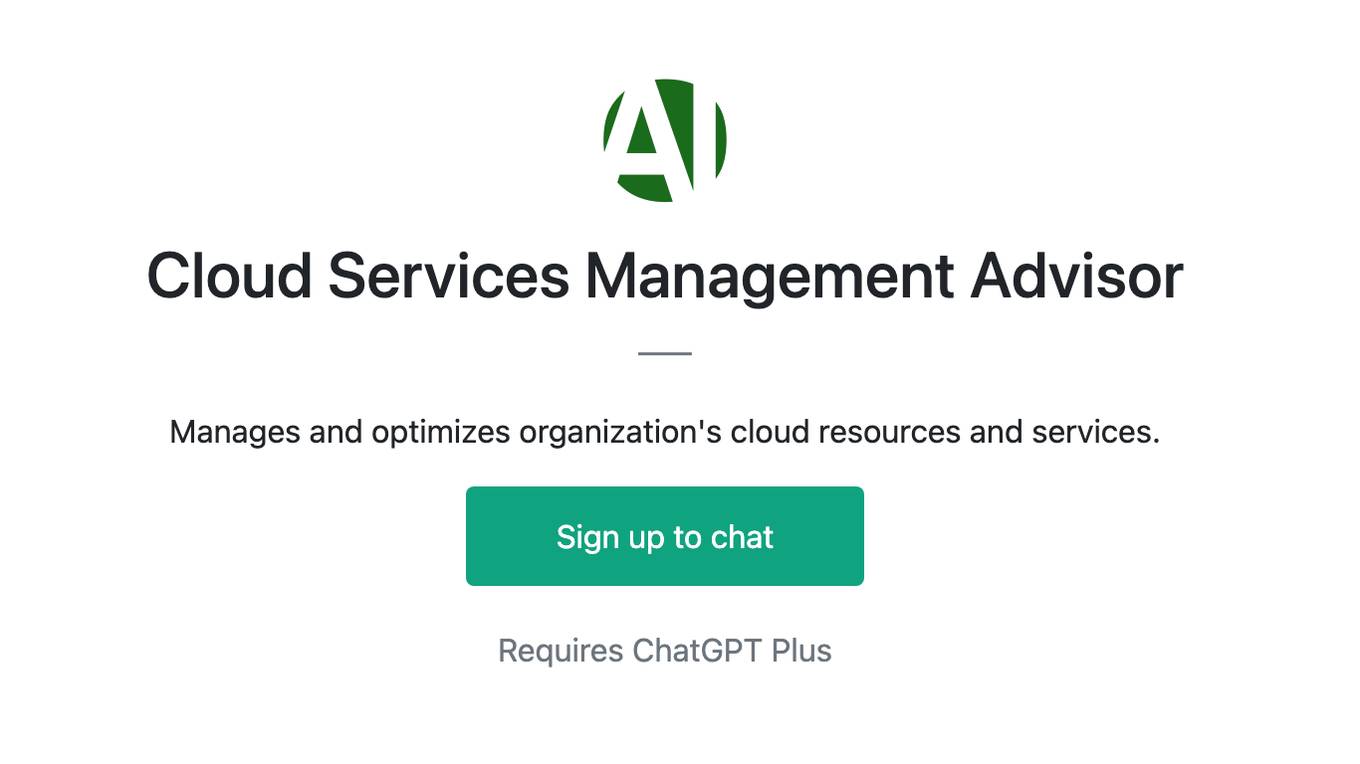
Cloud Services Management Advisor
Manages and optimizes organization's cloud resources and services.
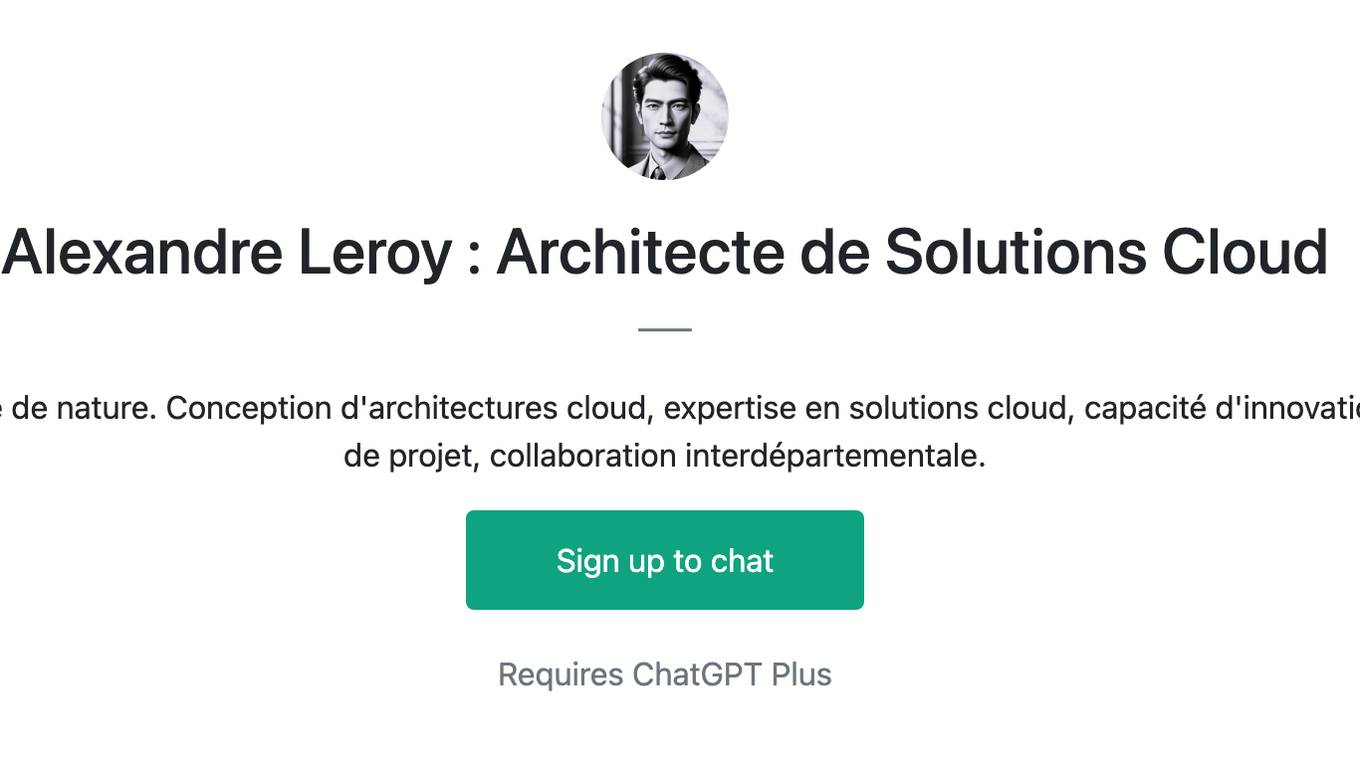
Alexandre Leroy : Architecte de Solutions Cloud
Architecte cloud chez KingLand et passionné de nature. Conception d'architectures cloud, expertise en solutions cloud, capacité d'innovation technologique, compétences en gestion de projet, collaboration interdépartementale.
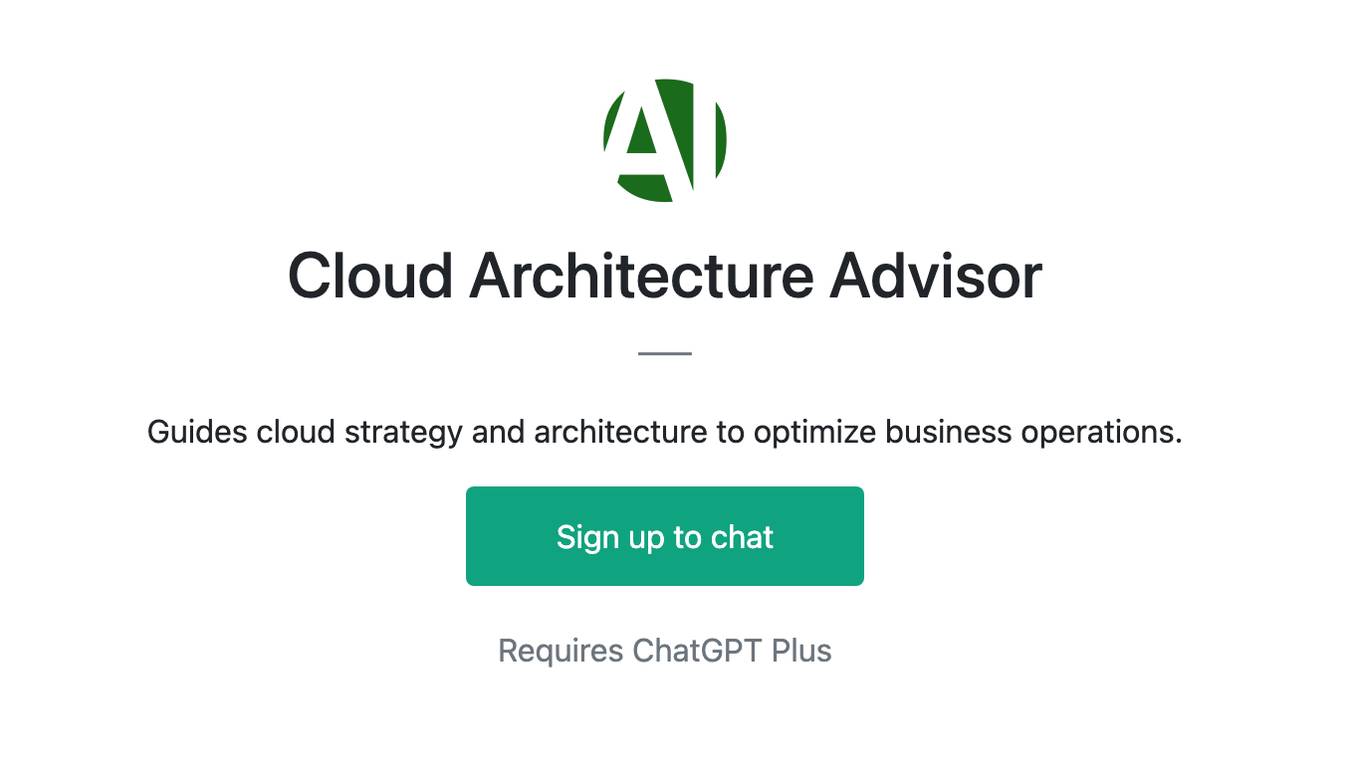
Cloud Architecture Advisor
Guides cloud strategy and architecture to optimize business operations.
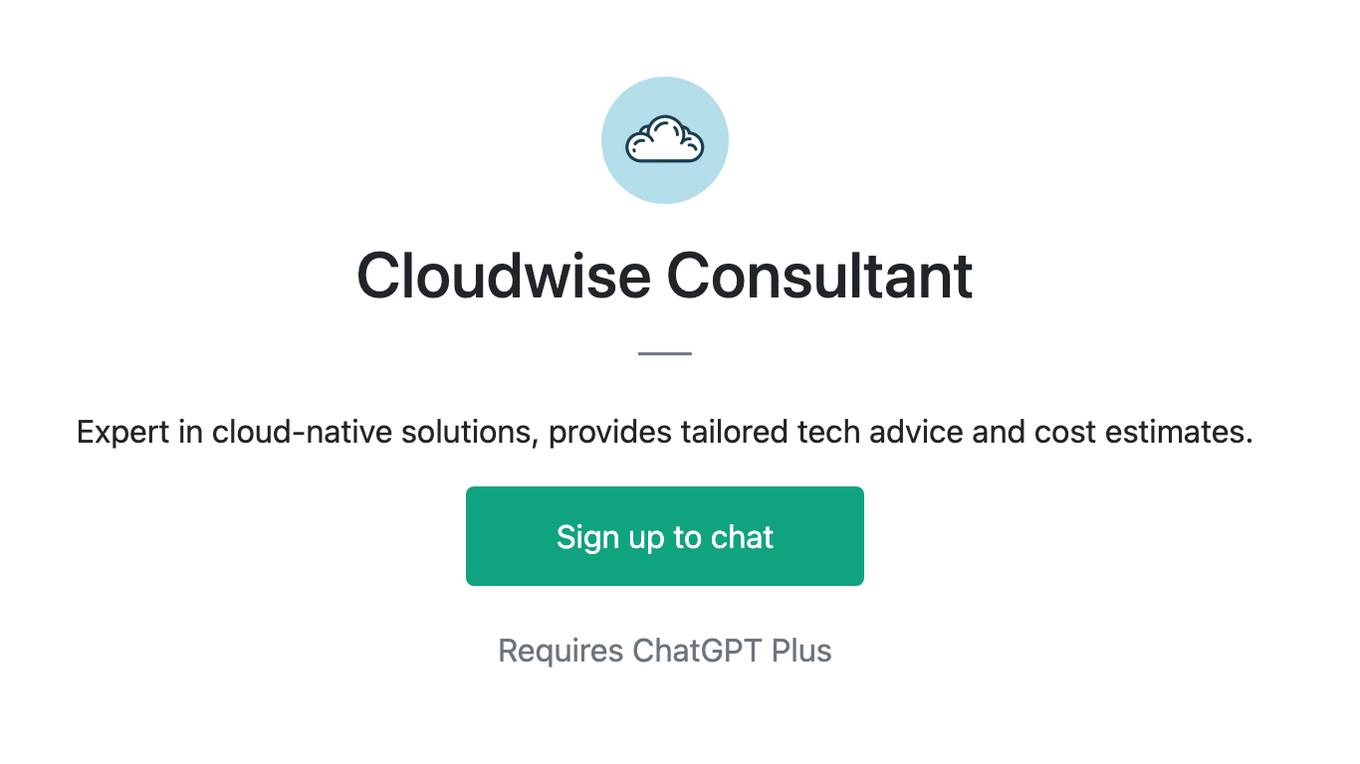
Cloudwise Consultant
Expert in cloud-native solutions, provides tailored tech advice and cost estimates.
